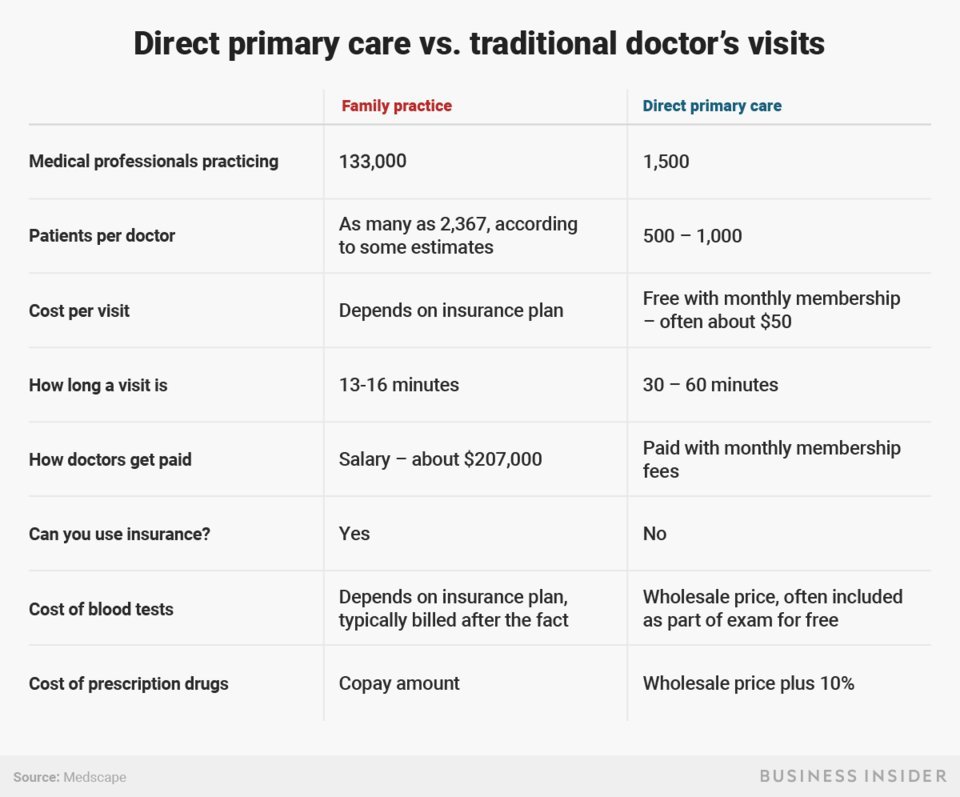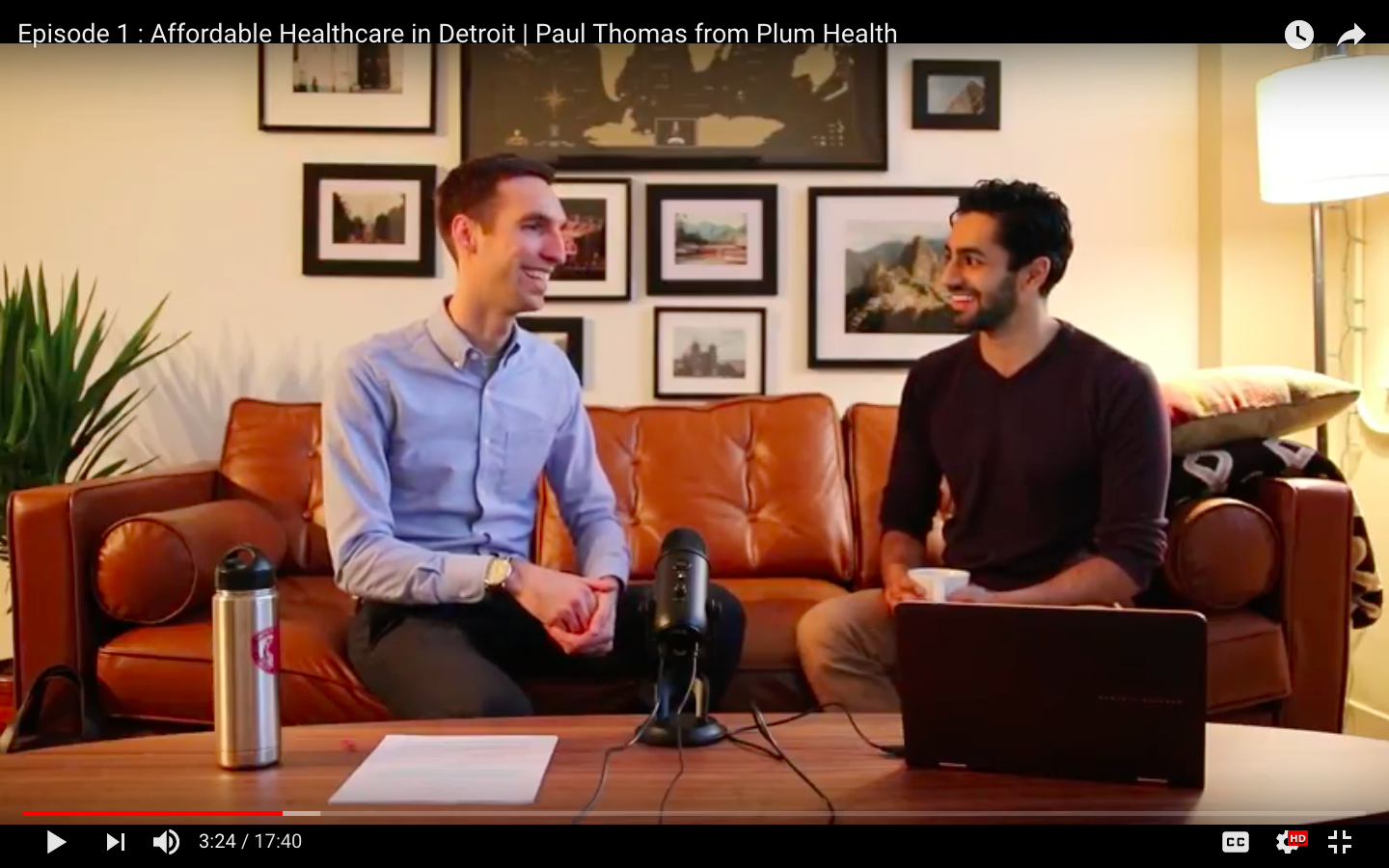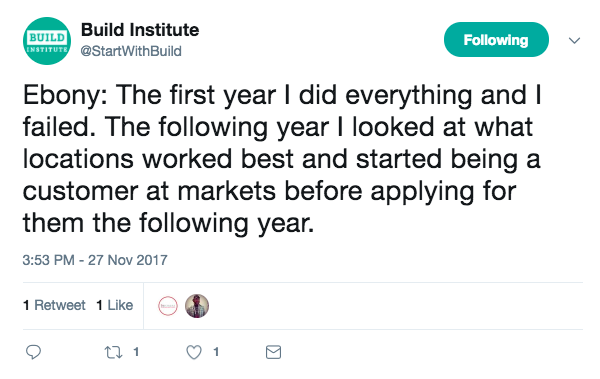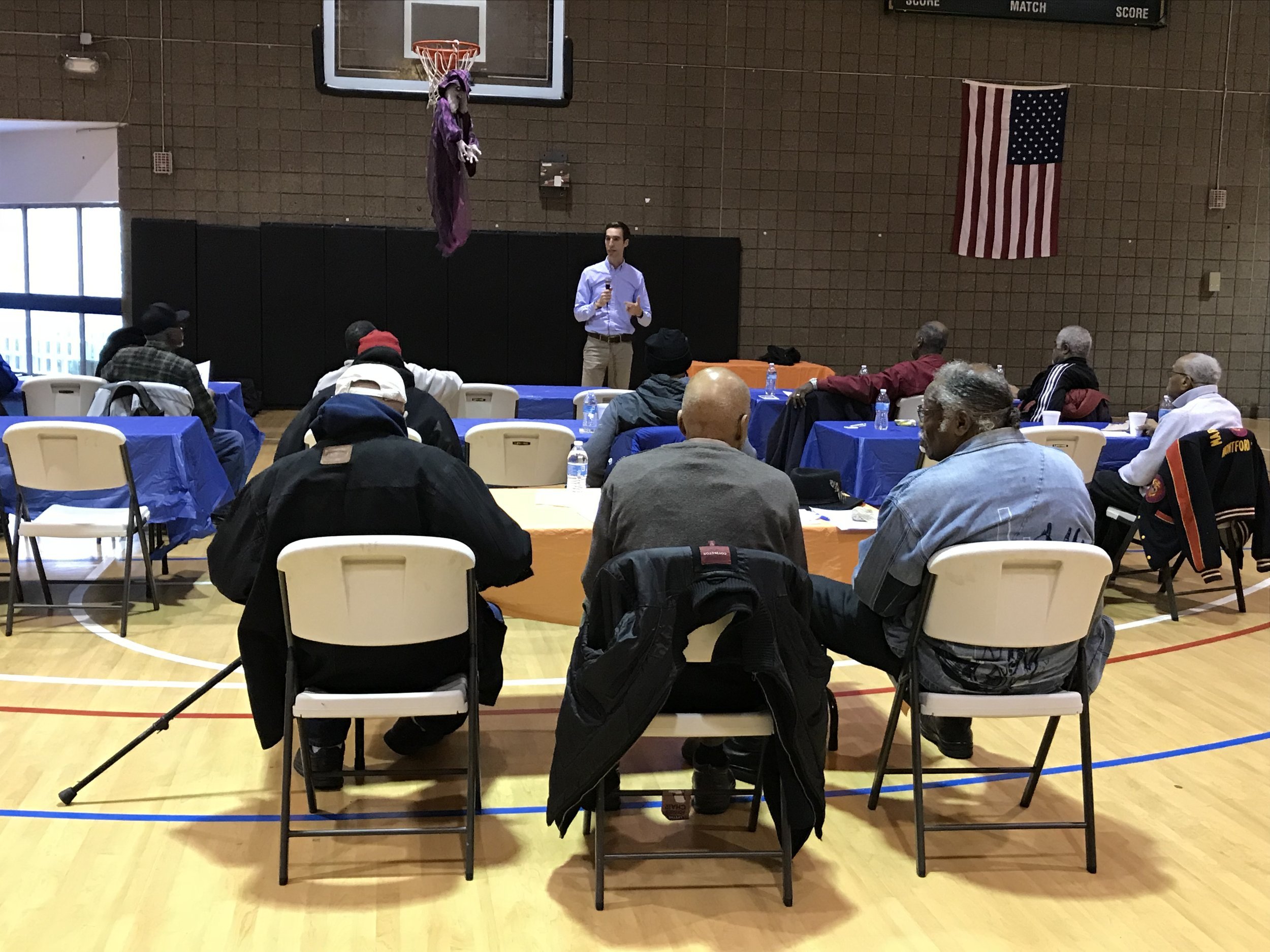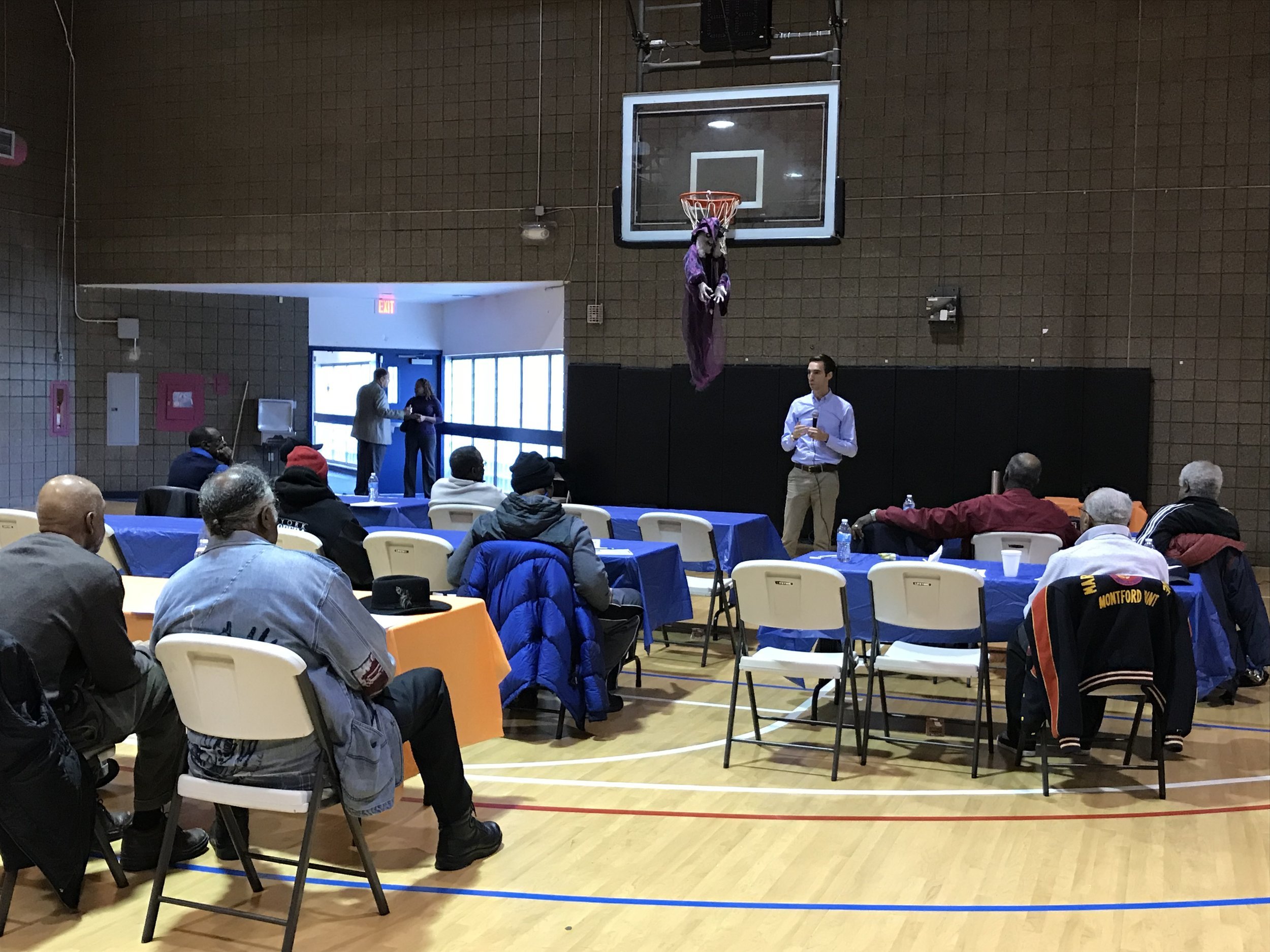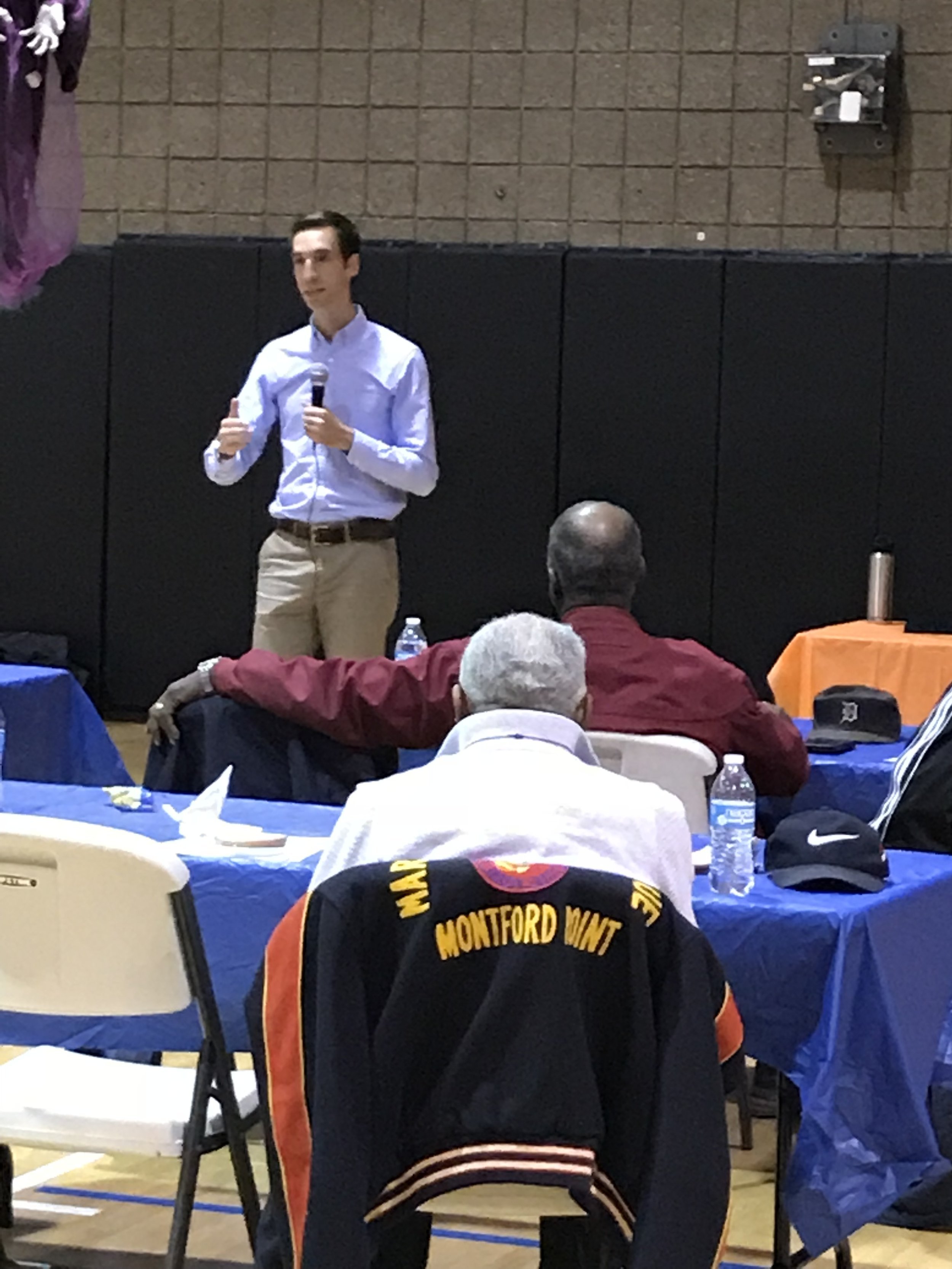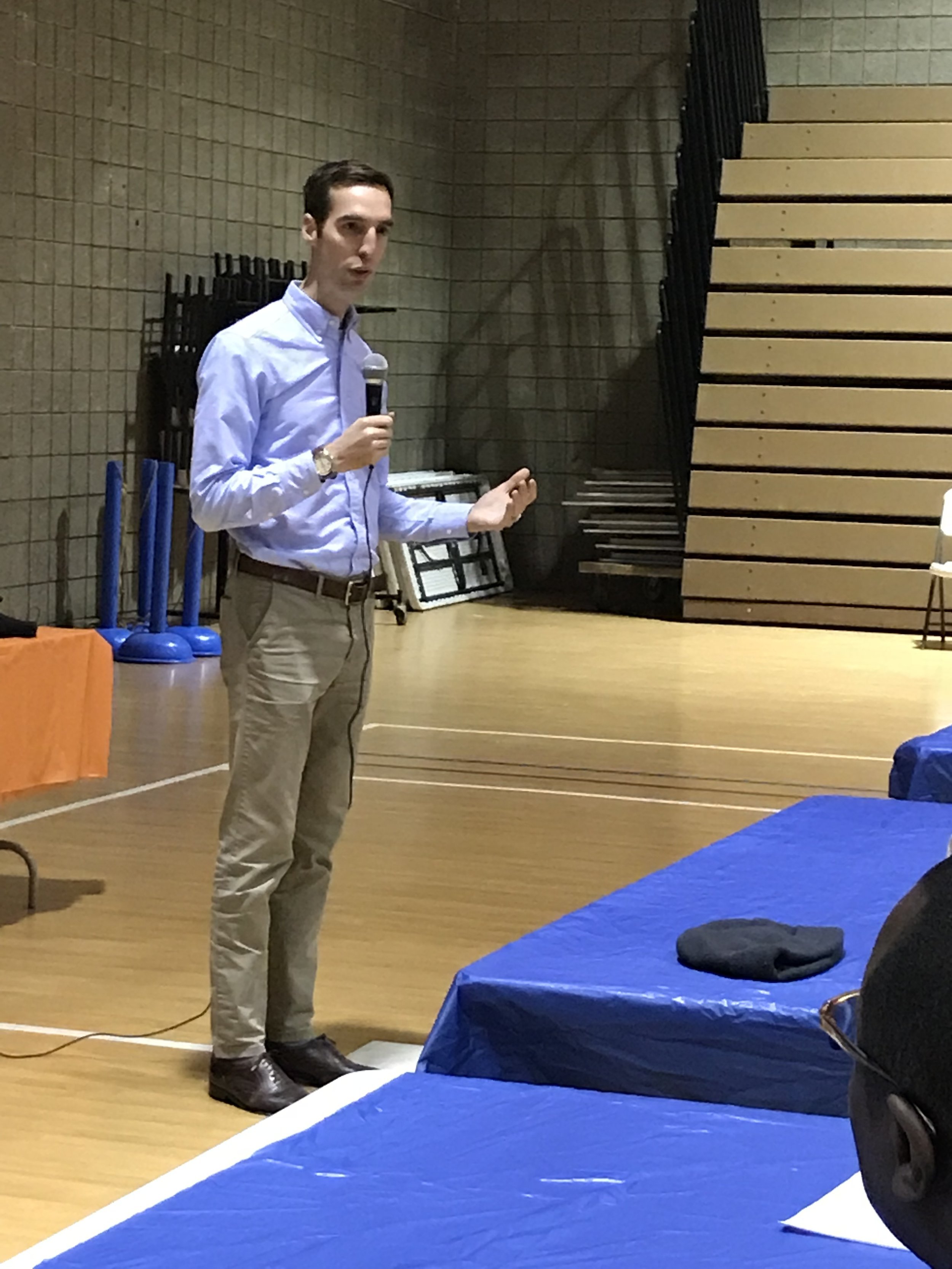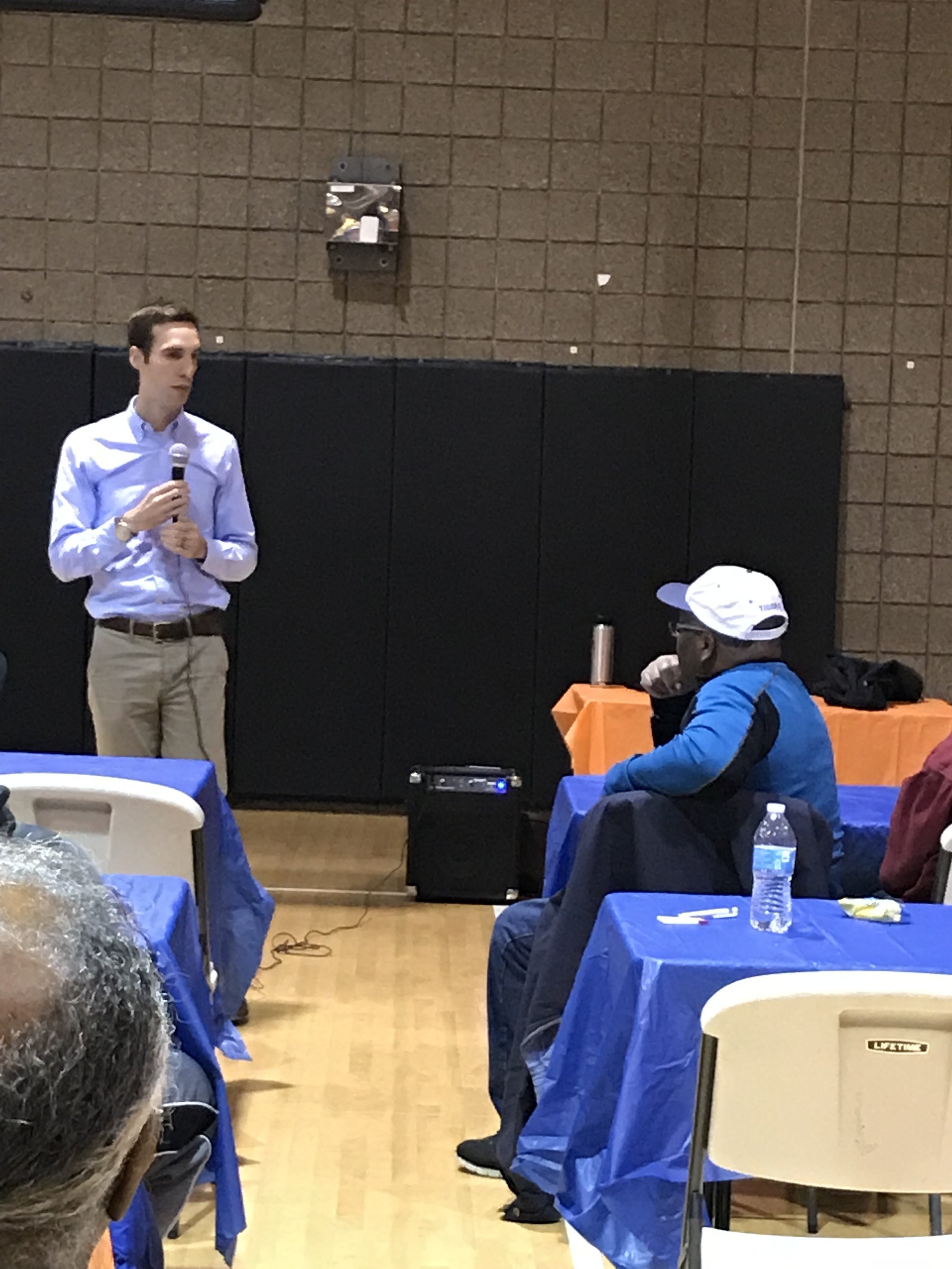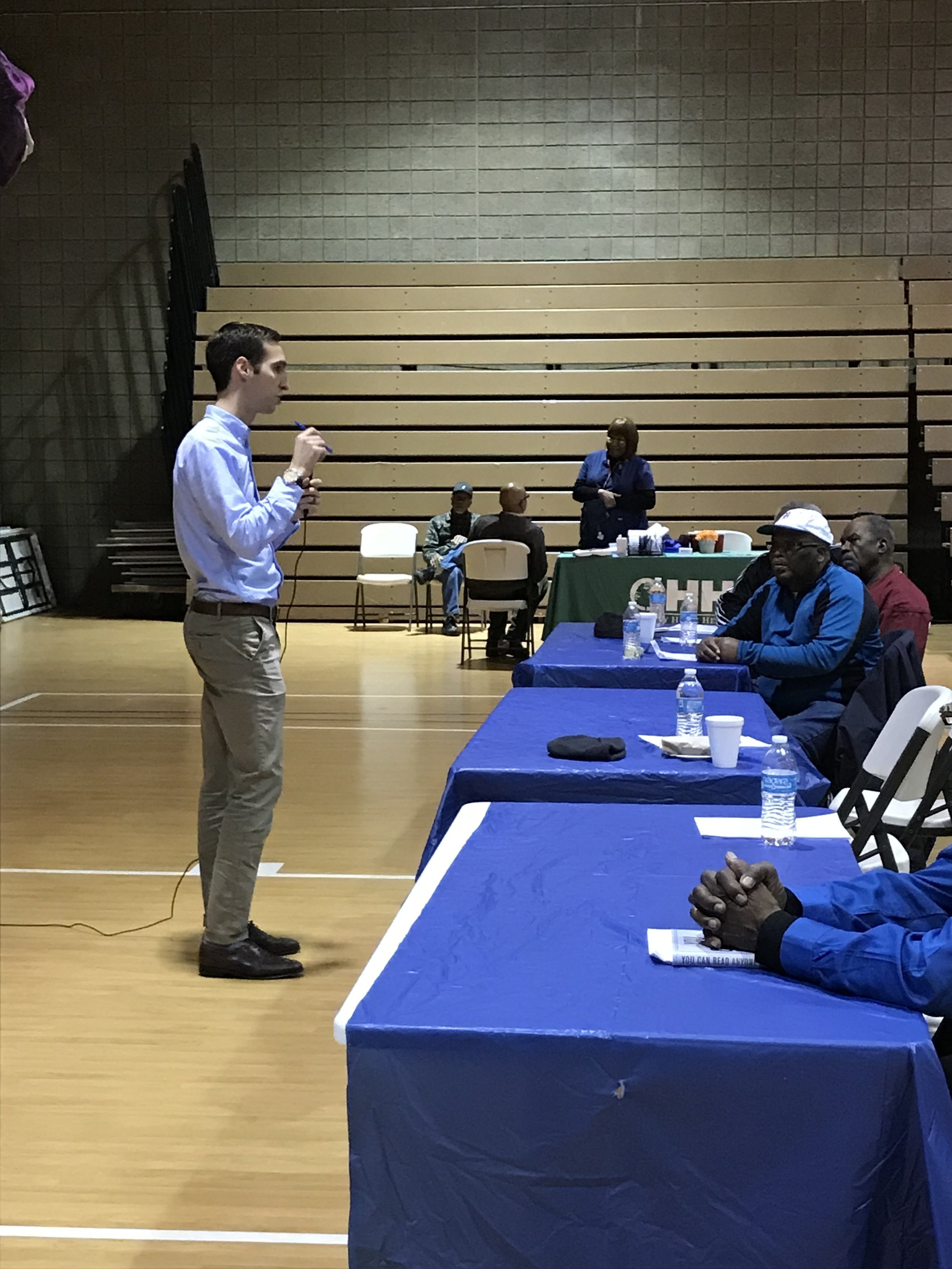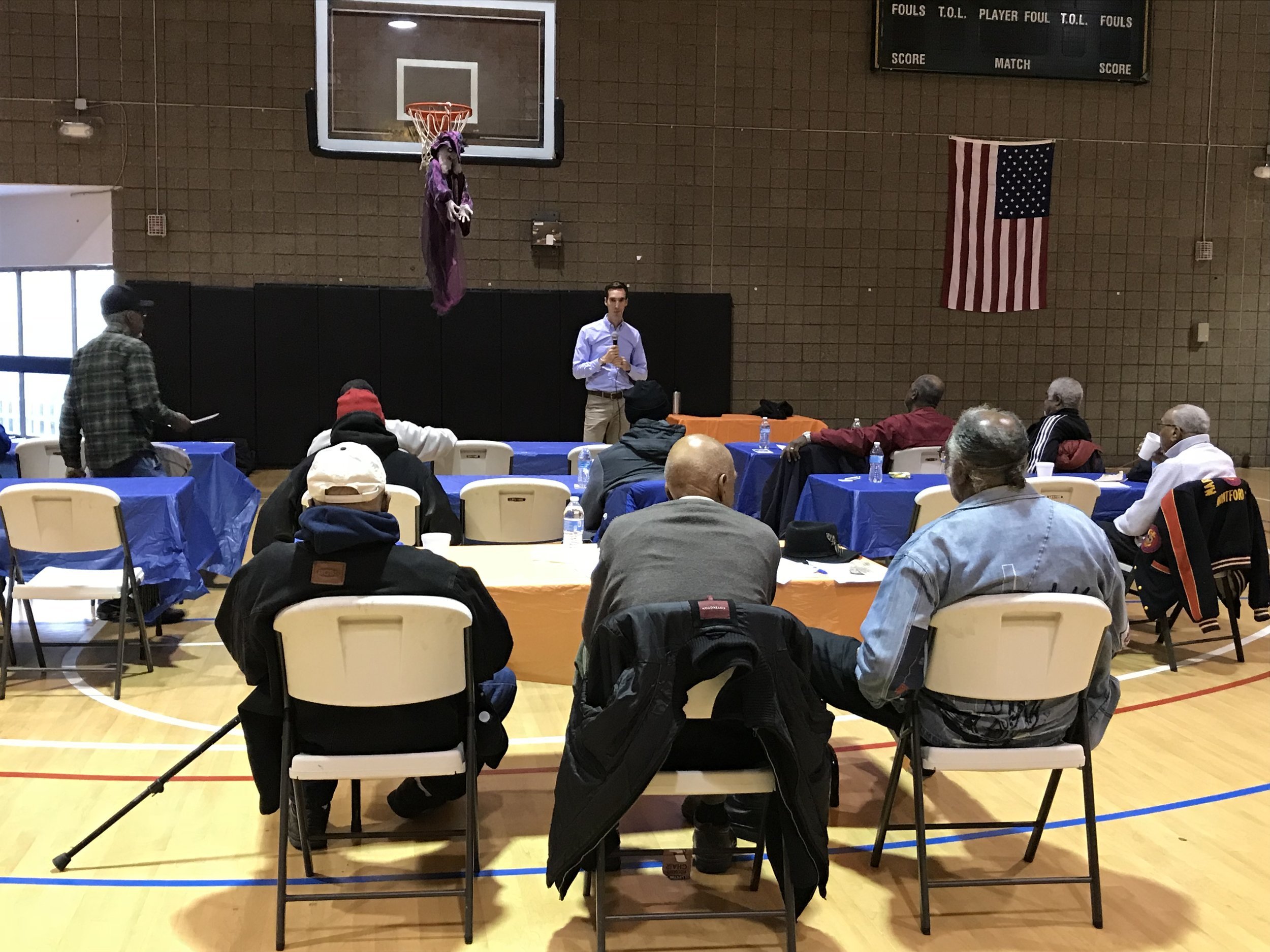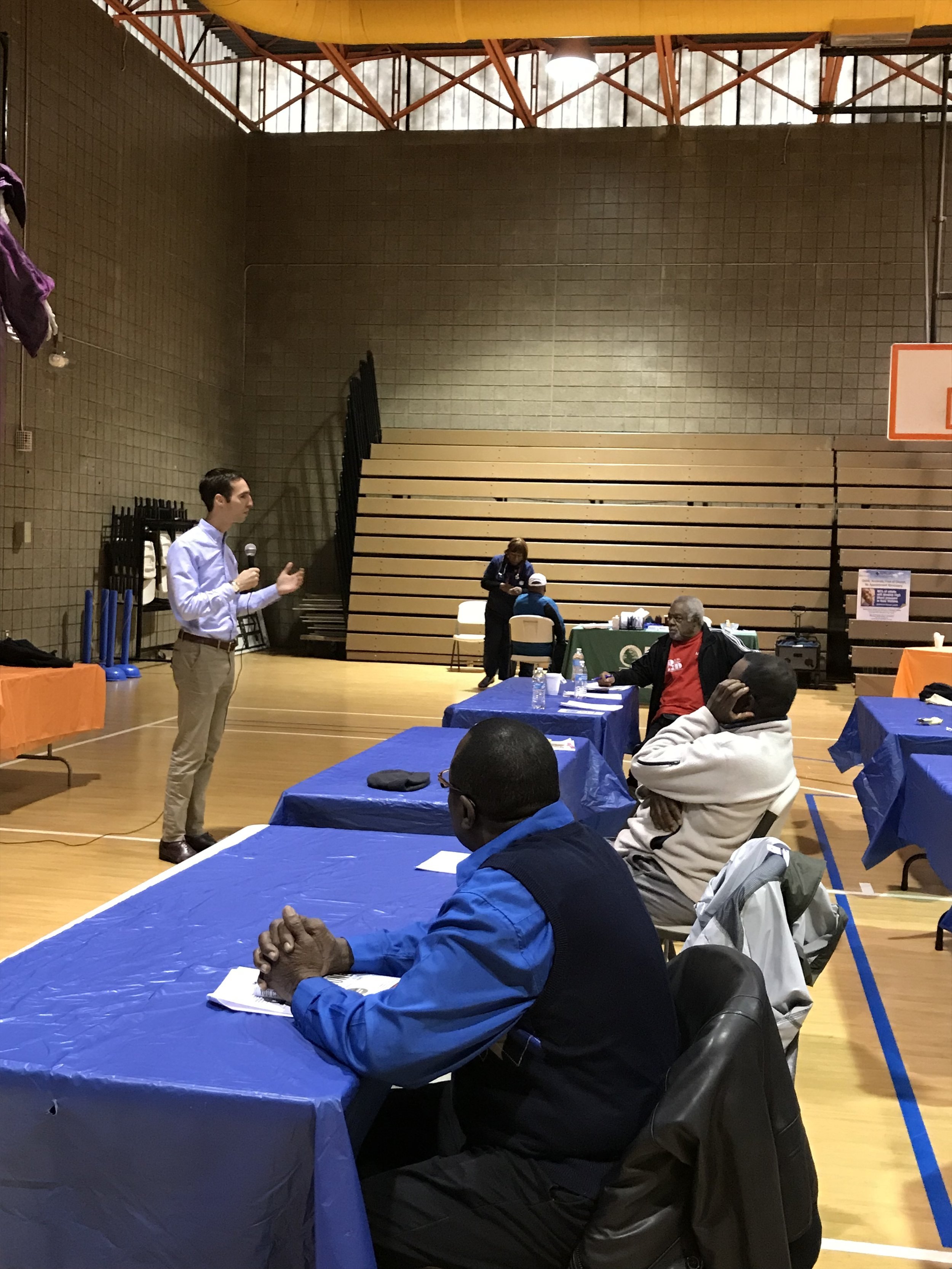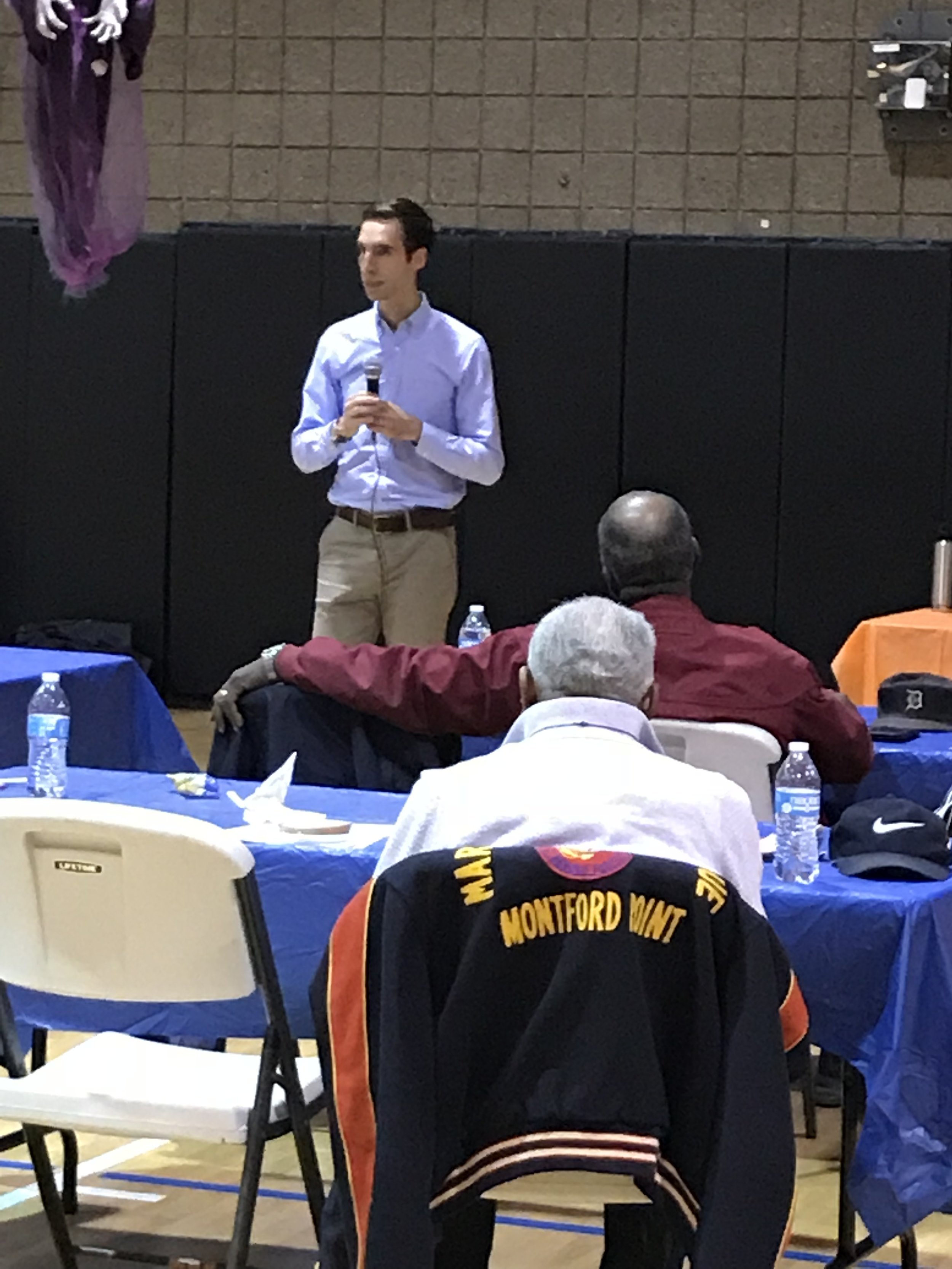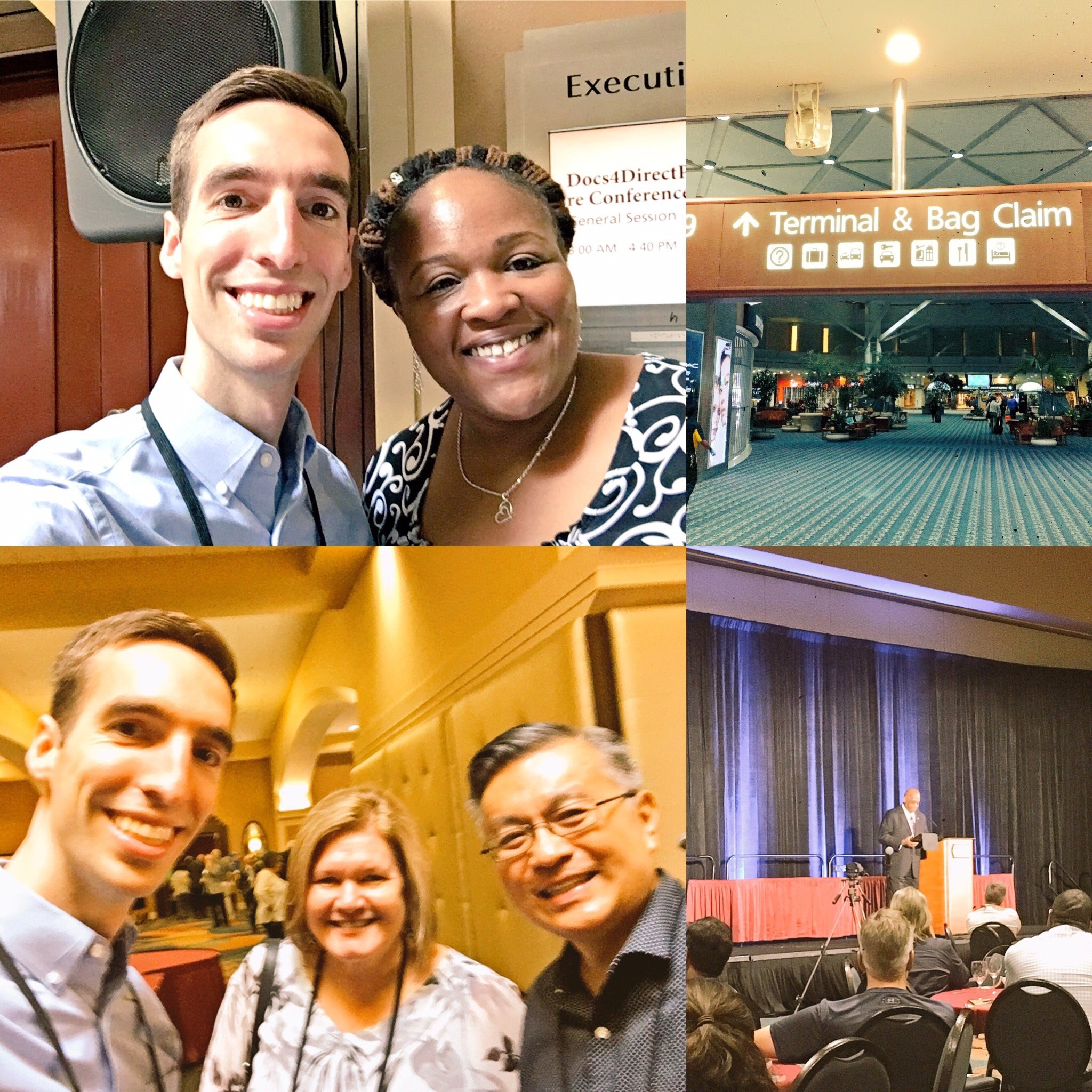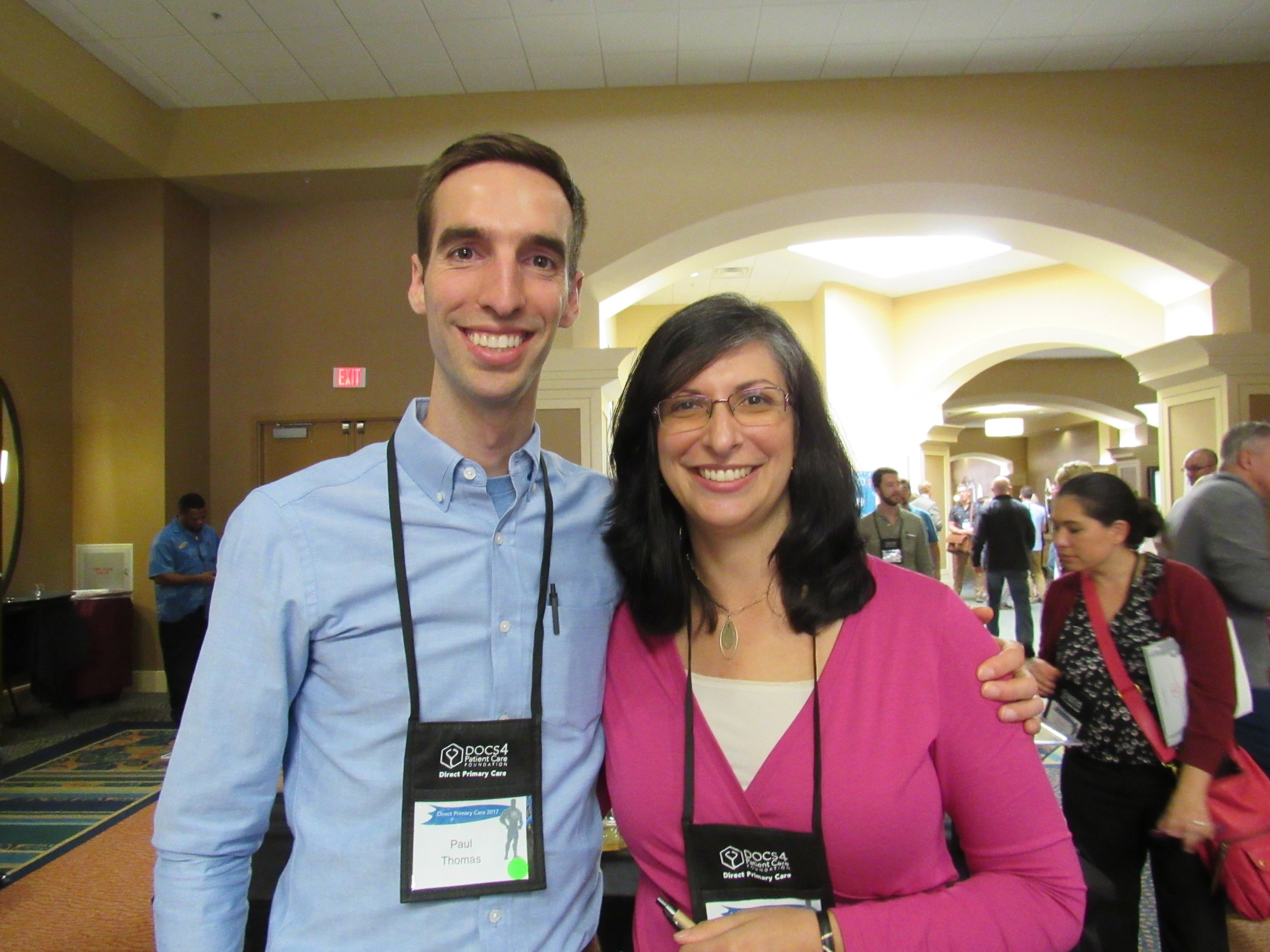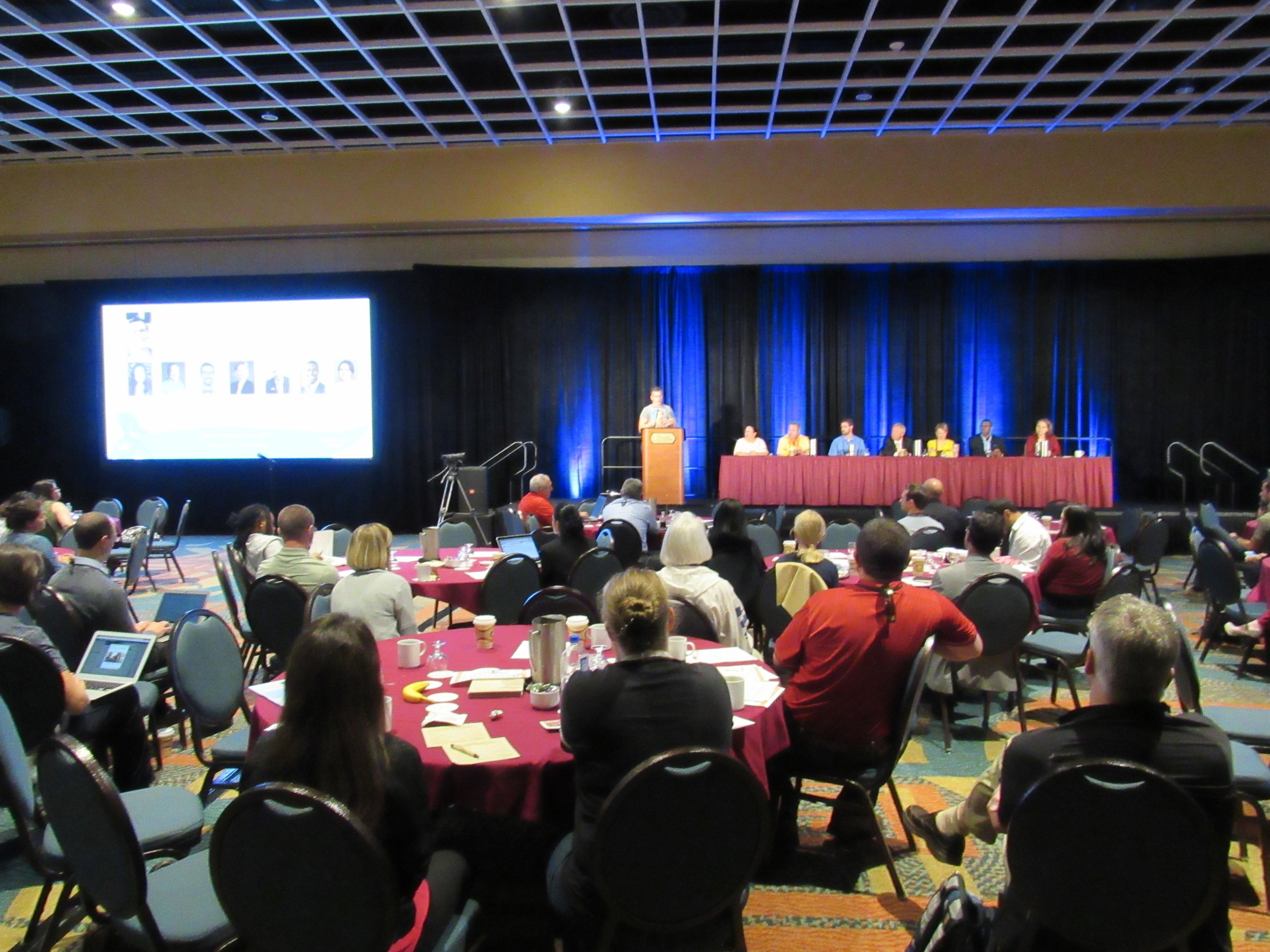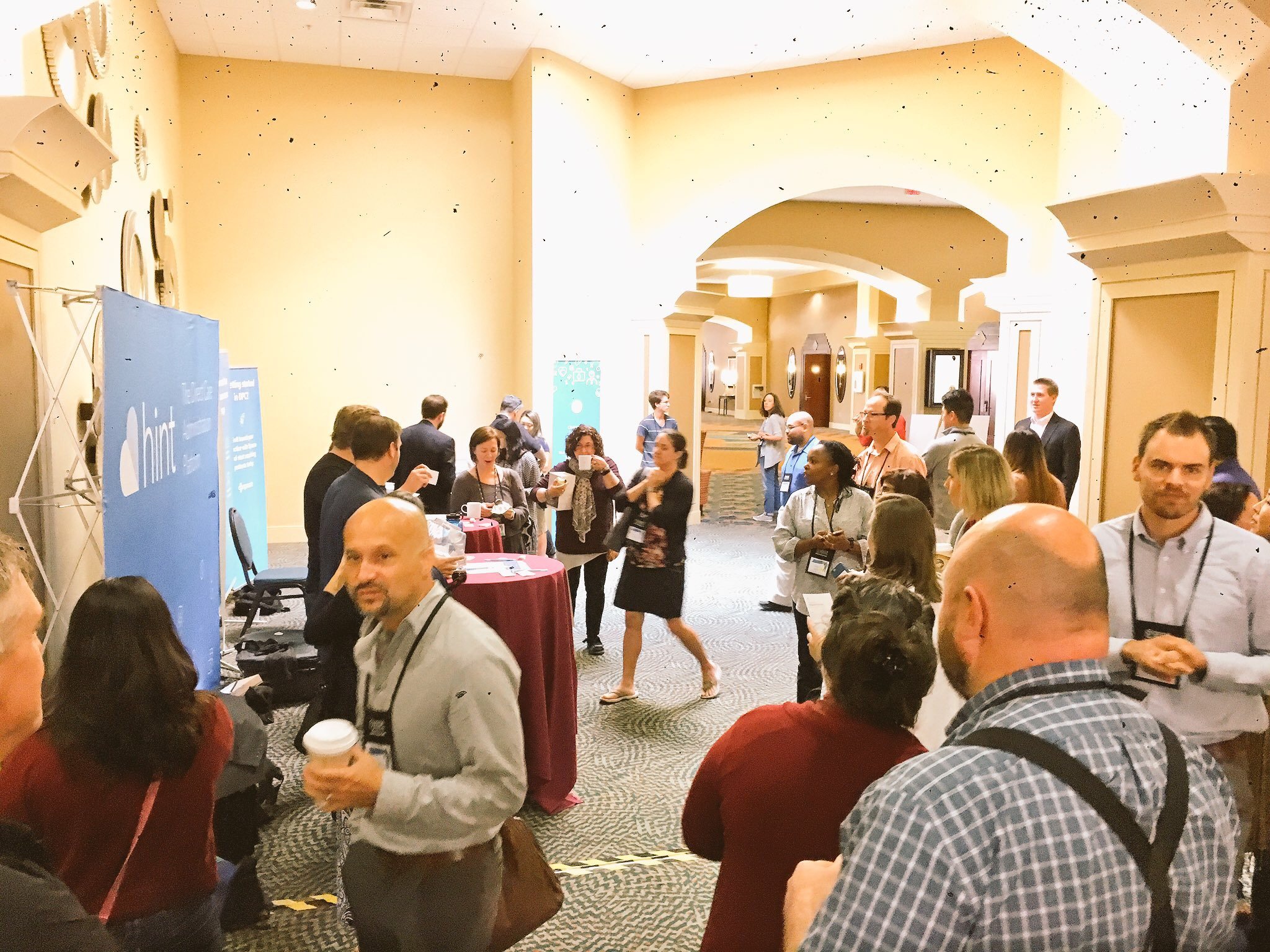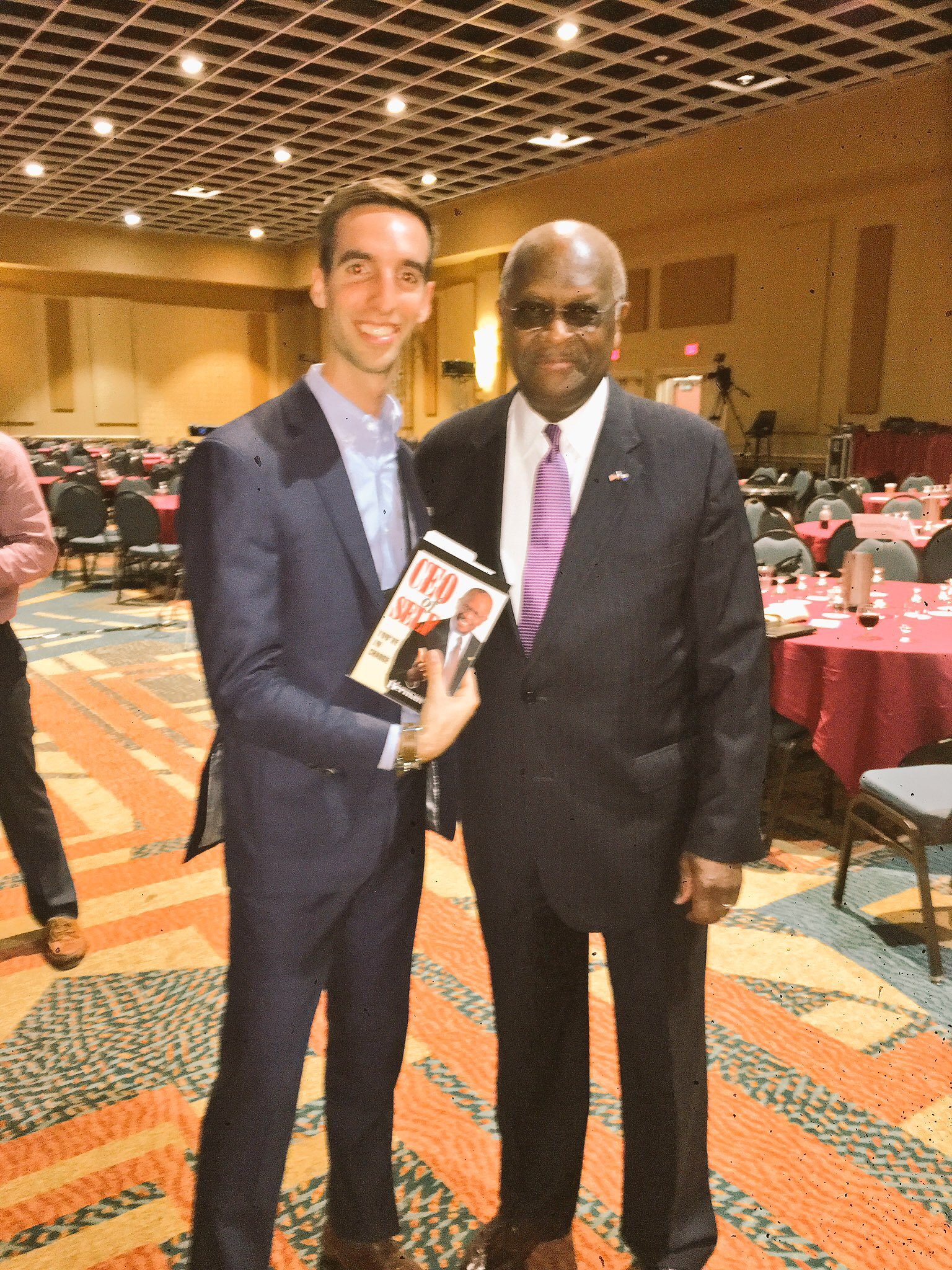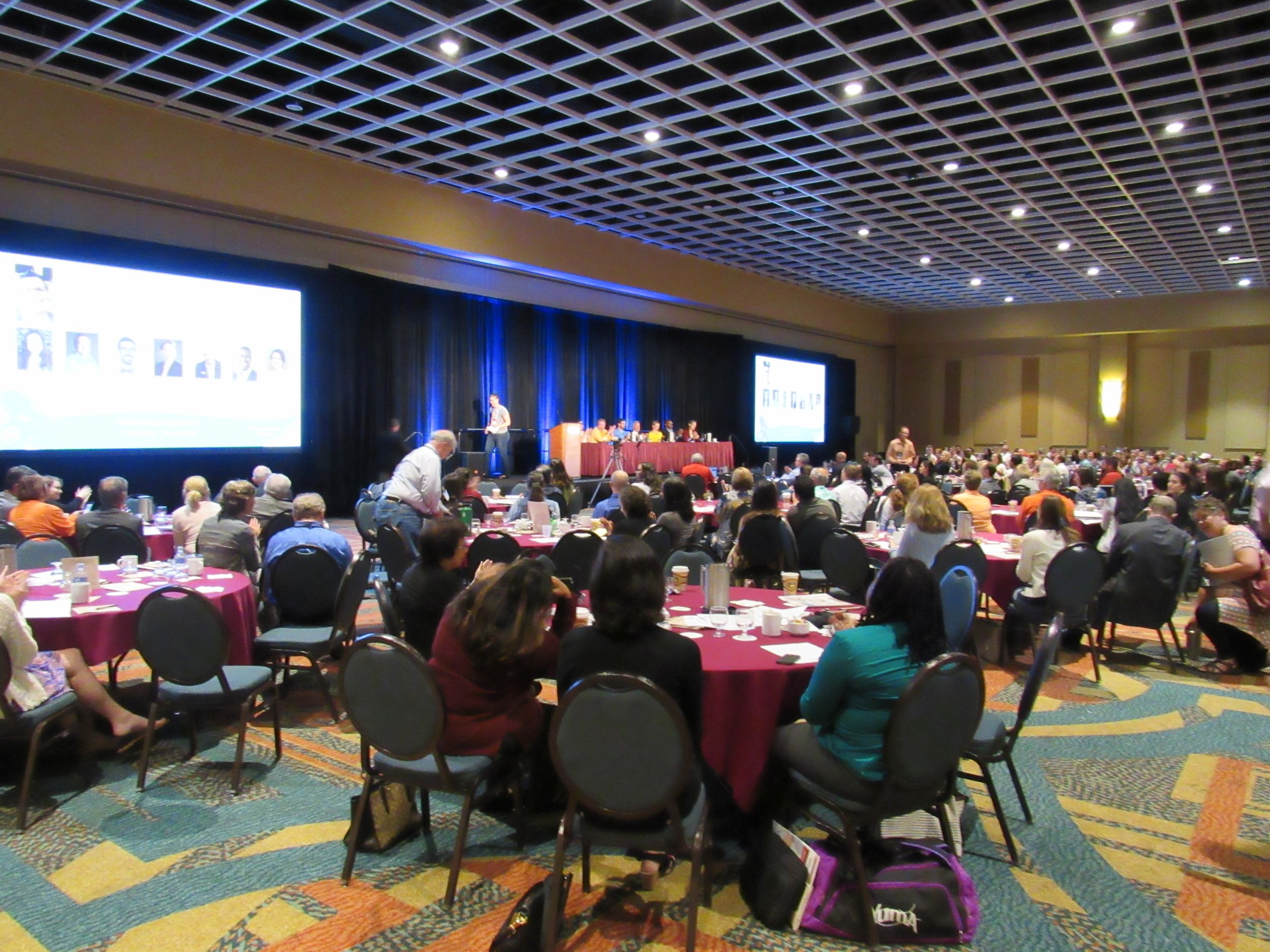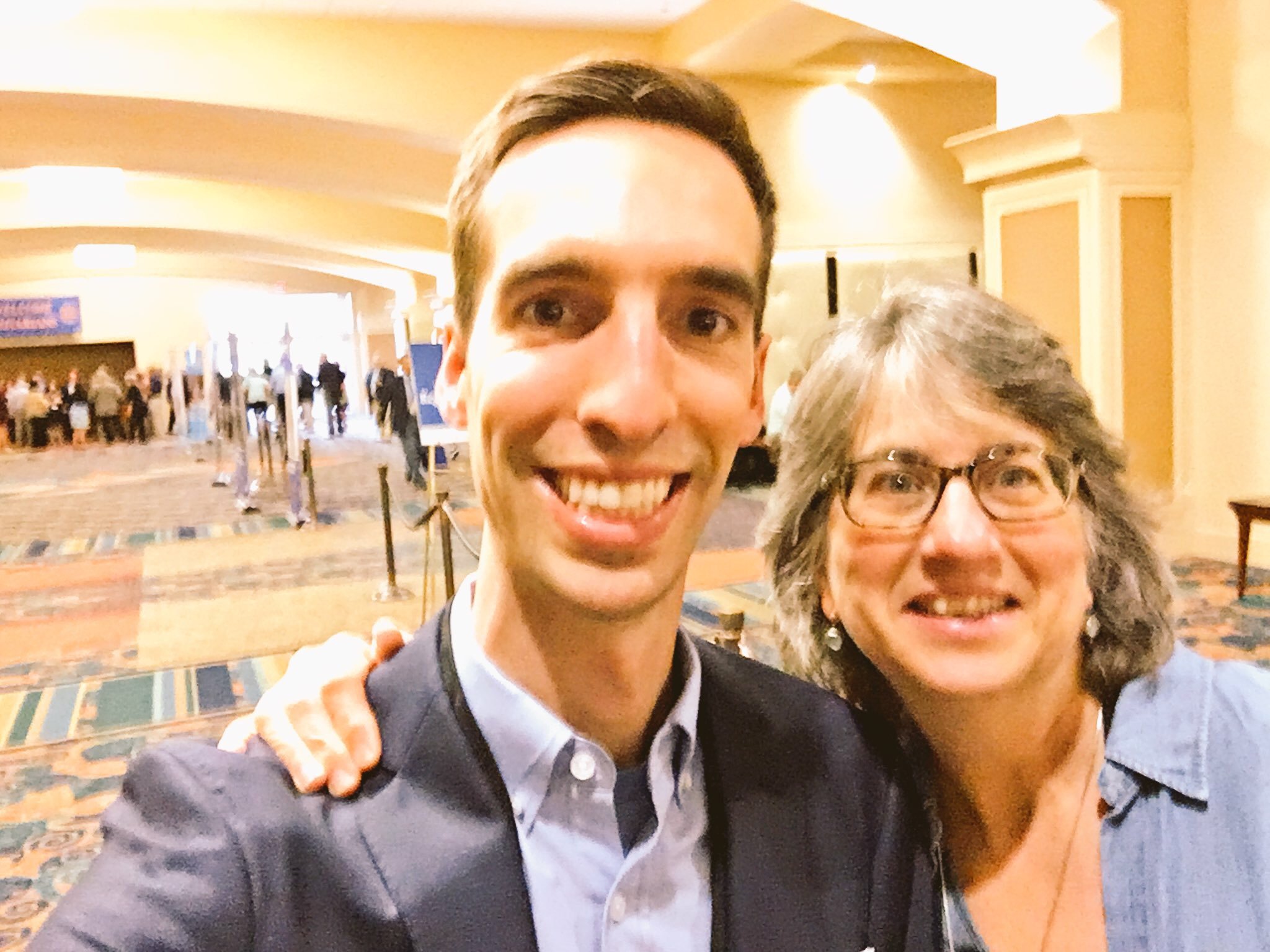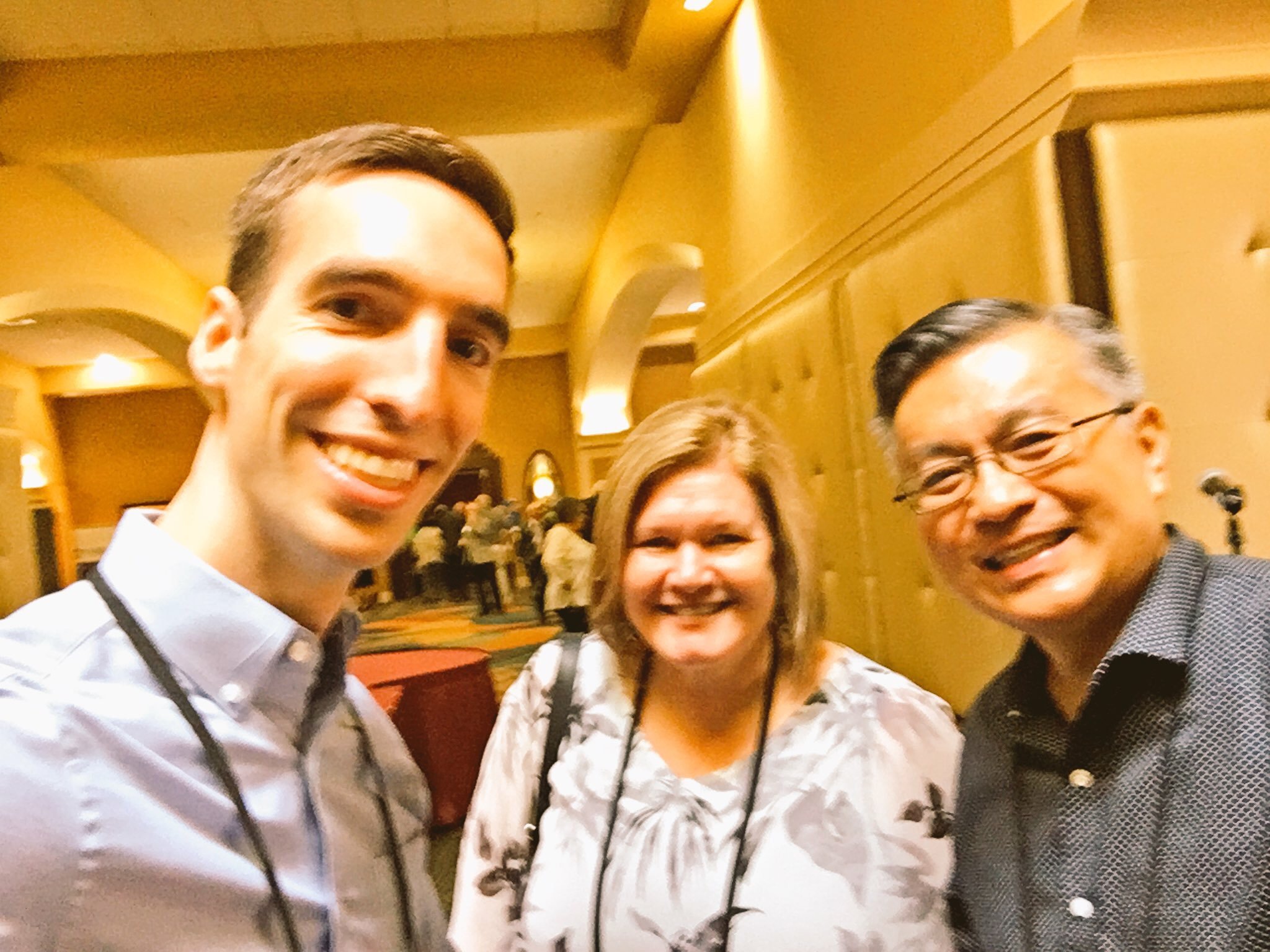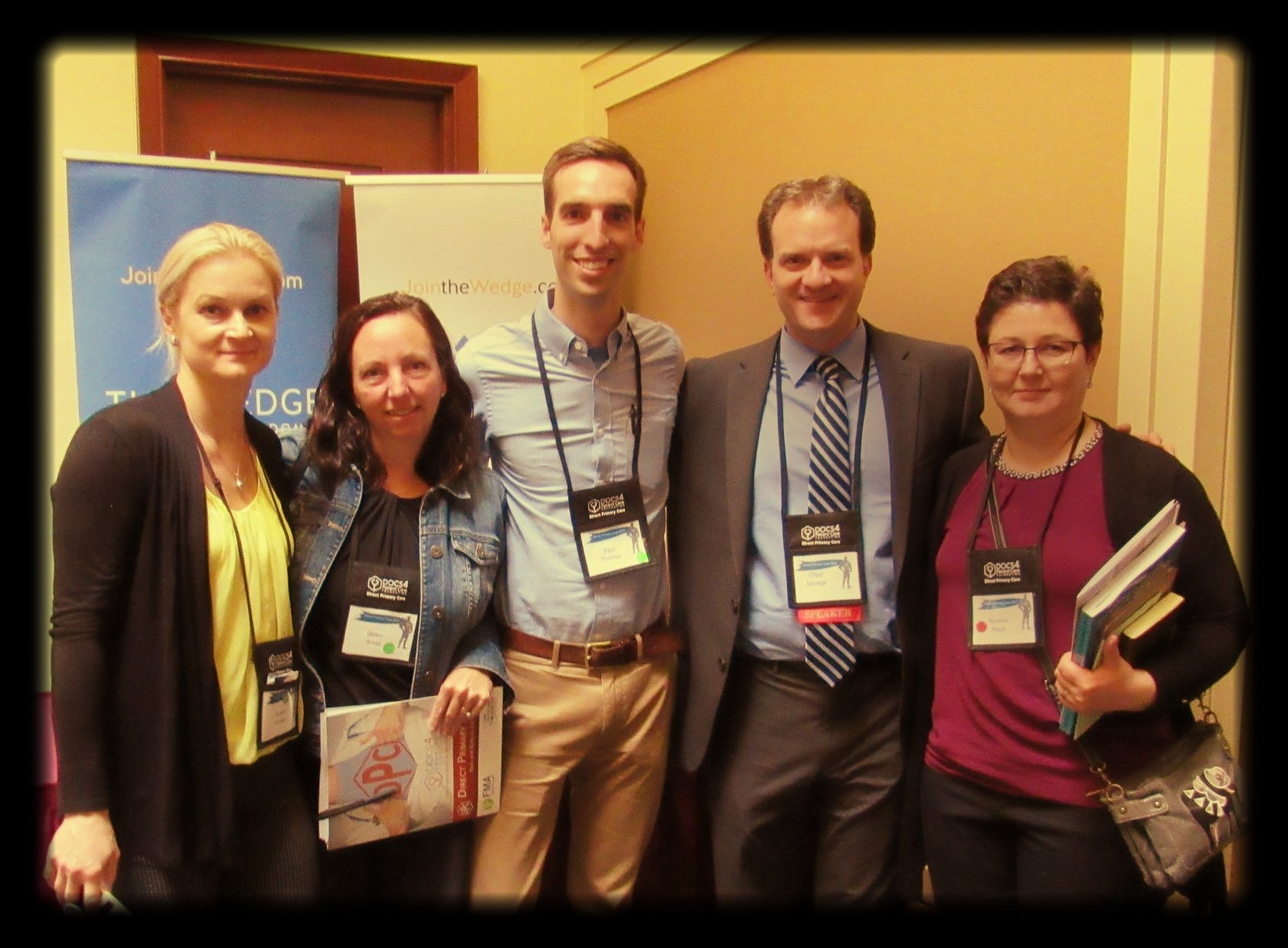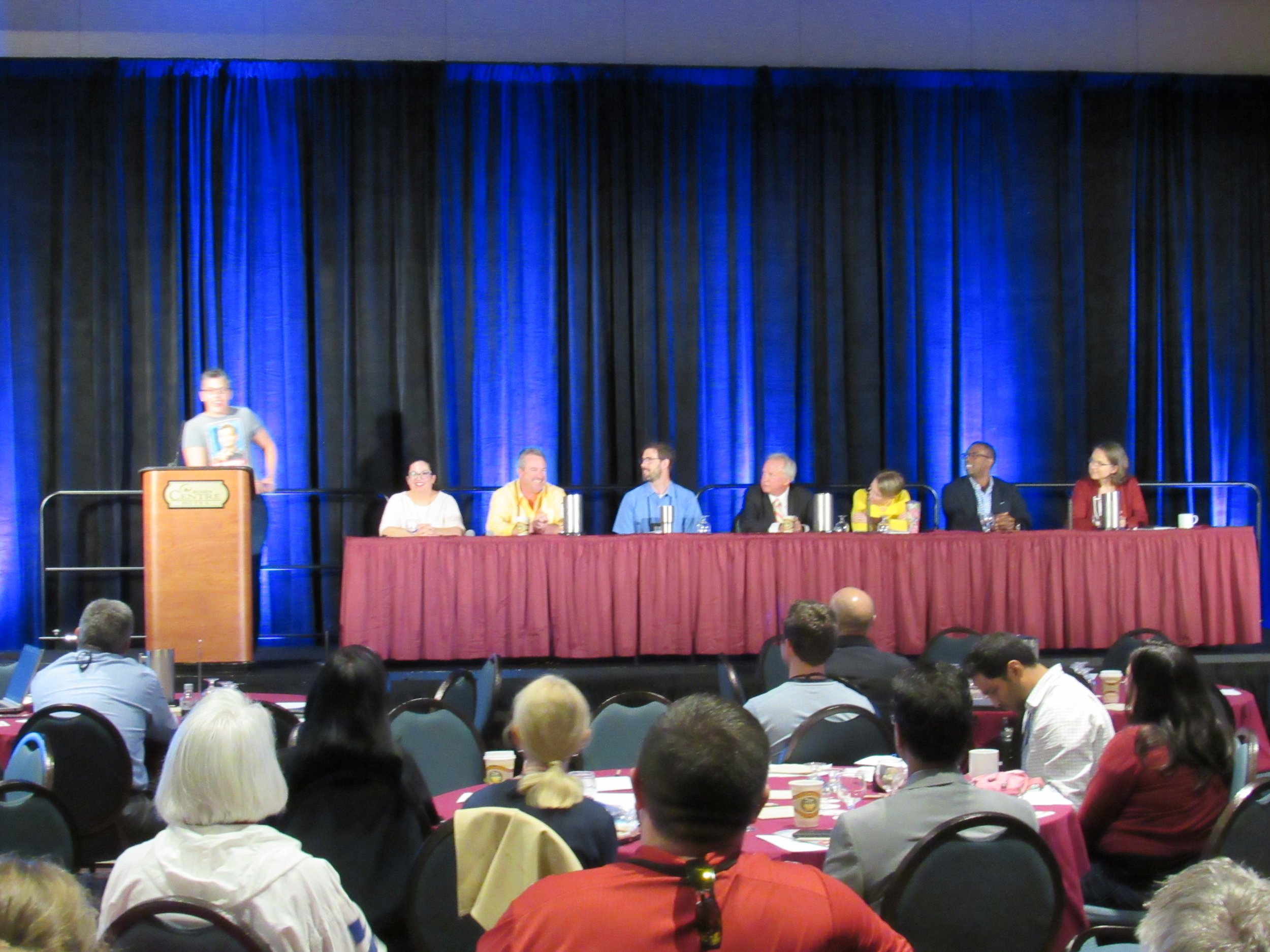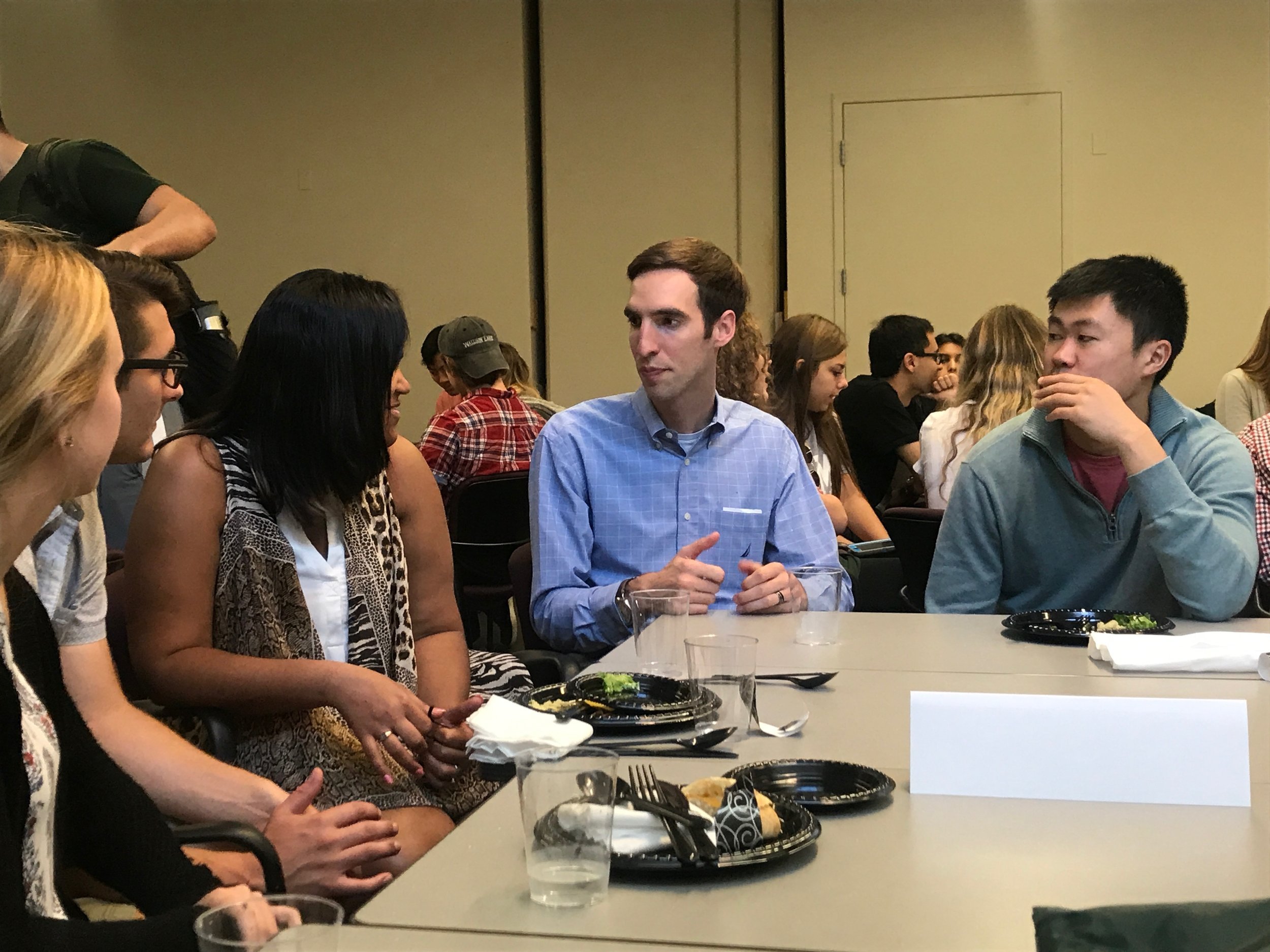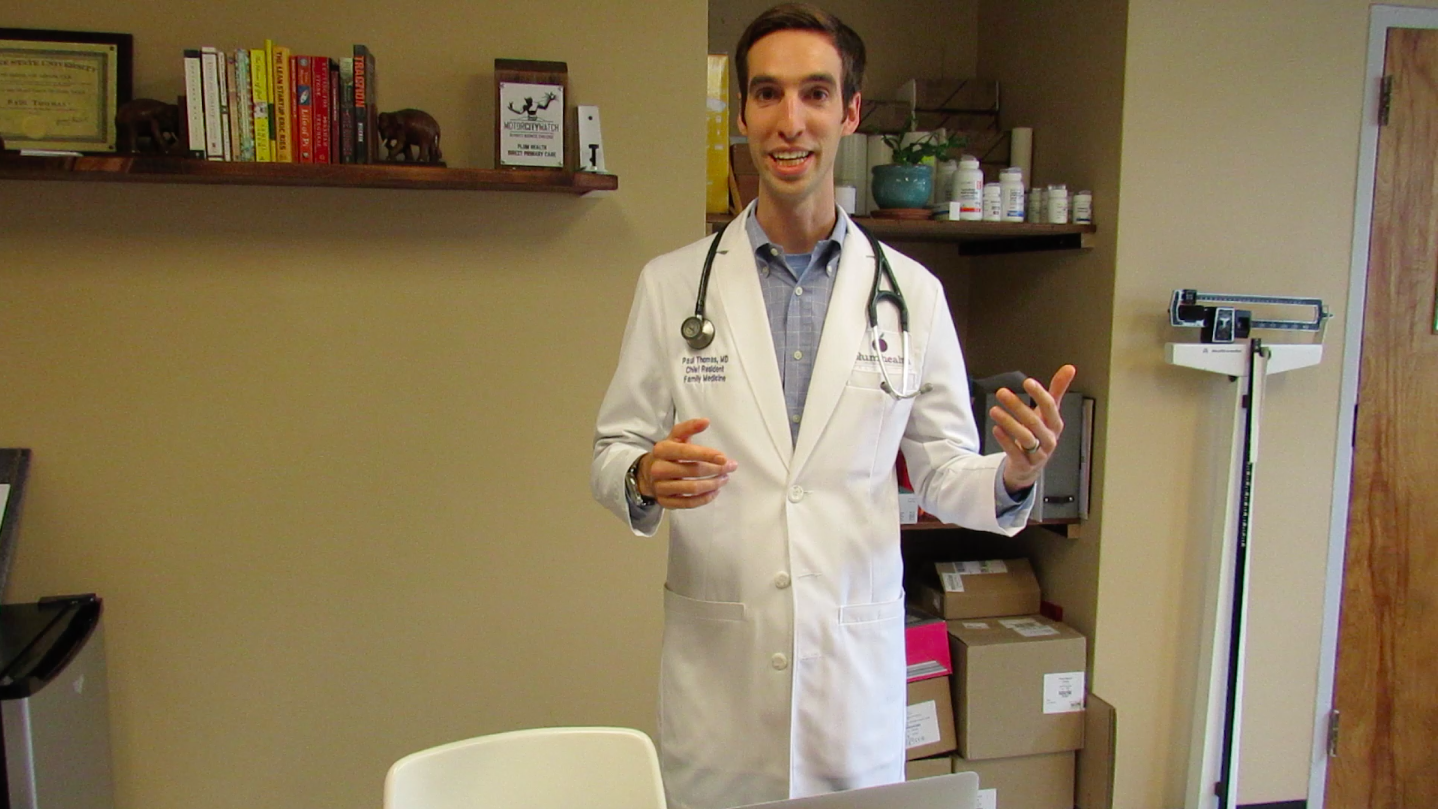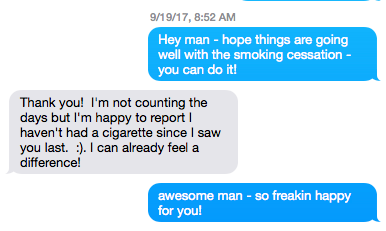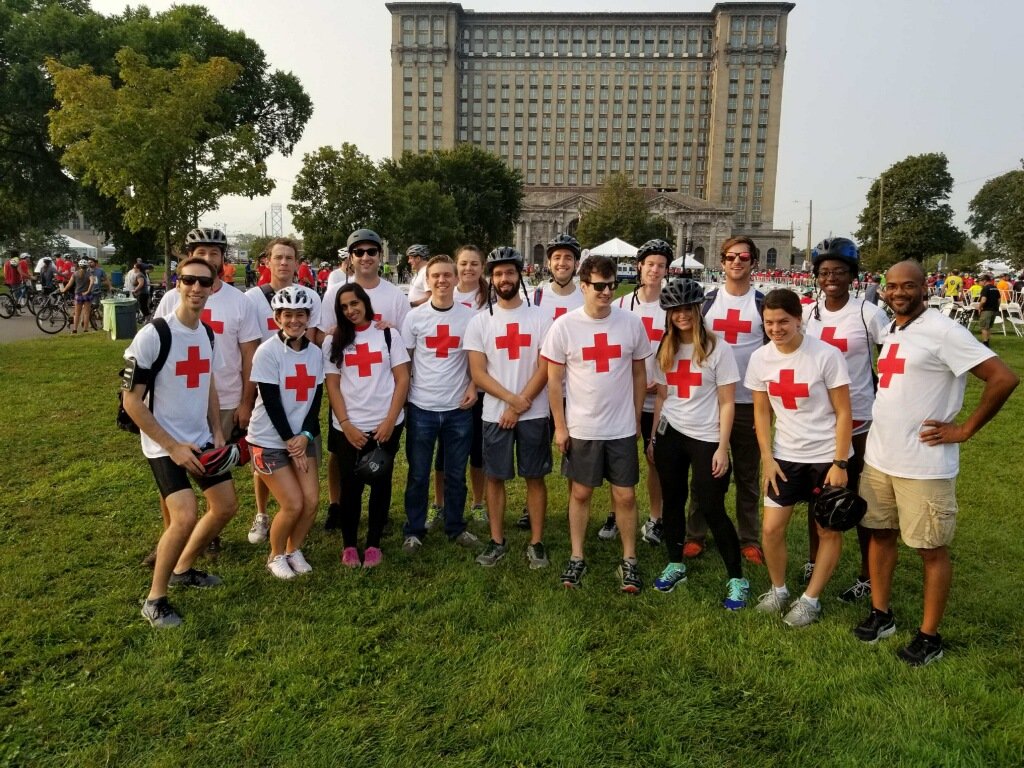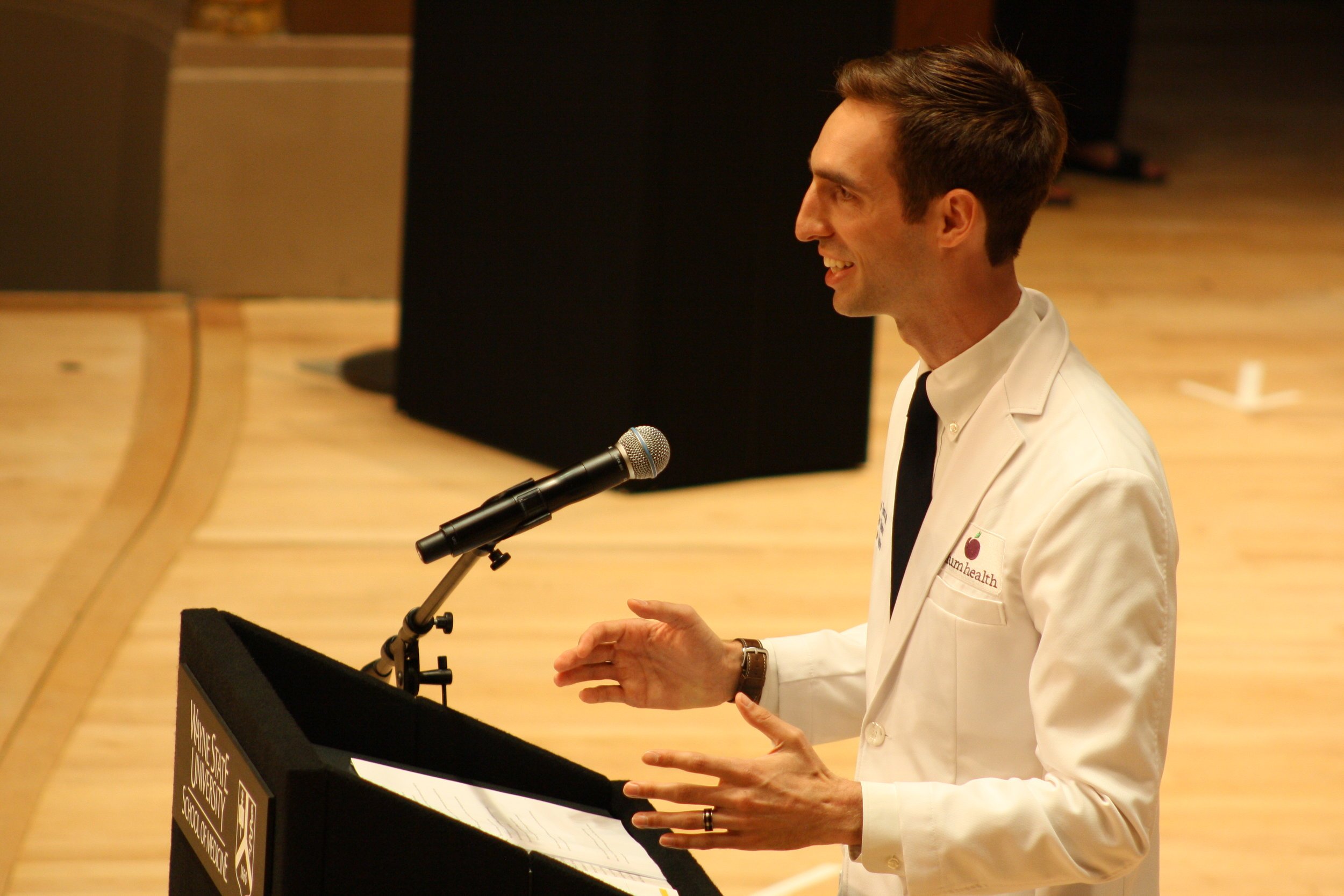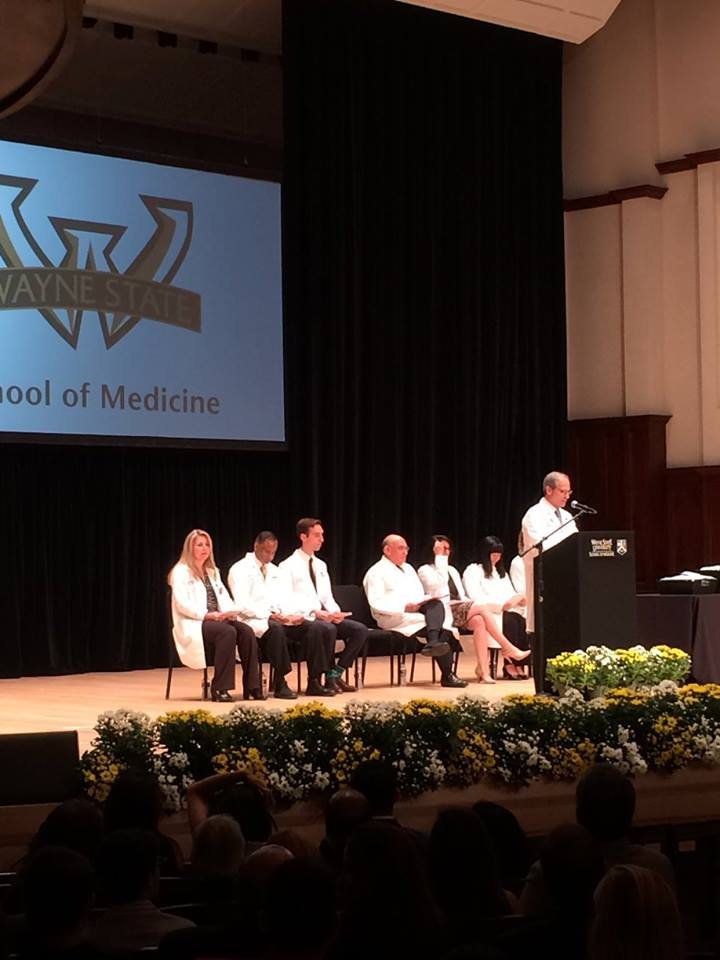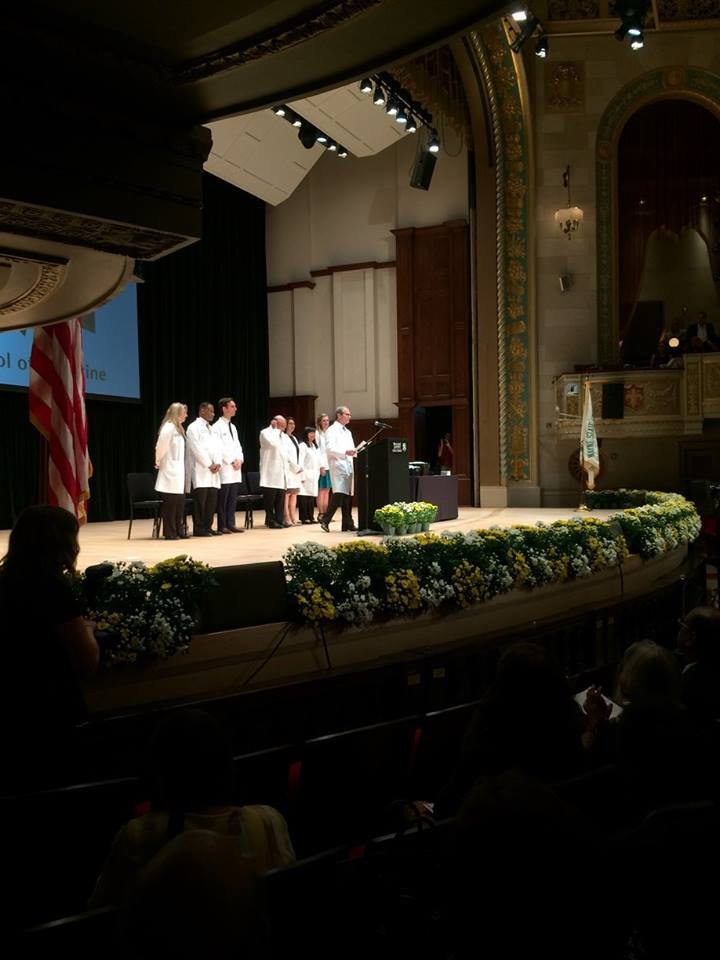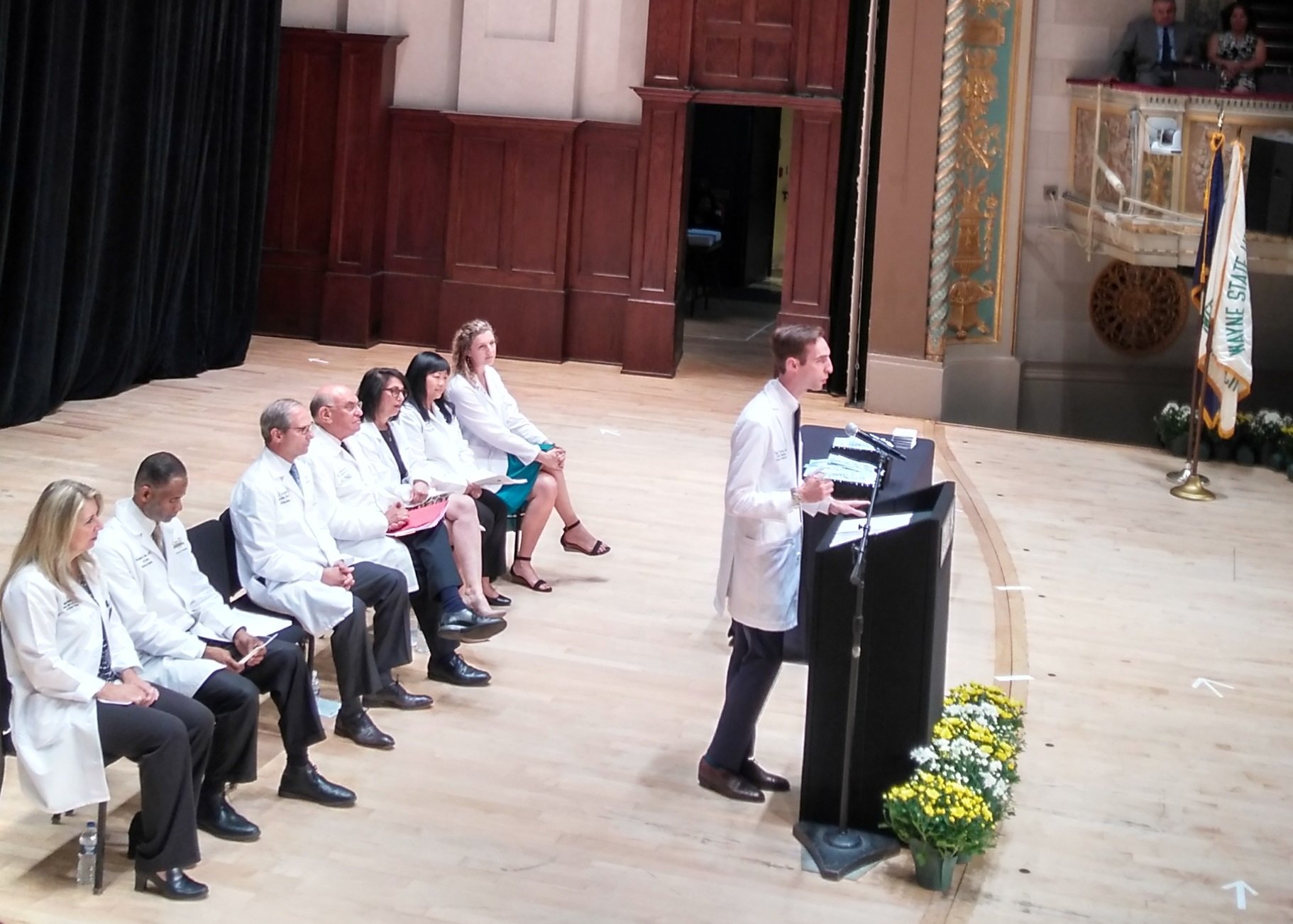Plum Health Blog
A Sample of Lab Test Cost Savings
A friend posted this image on Facebook with the notation: "thank God for health insurance".
While it's important to have health insurance, it's also important to understand how it inflates and distorts prices for health care. In the above photo, the insurance price for laboratory testing is shown clearly. What's interesting is if these labs were obtained through our clinic, they would have cost a fraction of the amount reported. Here's a test by test comparison:
A comparison of lab costs between typical insurance billing and our prices at Plum Health DPC
What's crazy here is that the person is being billed at a 765% mark-up from the actual cost of the service. This is why health care in America is so much more expensive - hospitals and health care providers dramatically mark up costs and then 'discount' these costs for insurance companies.
This price 'gamesmanship' is bad for health care consumers. It's bad for folks with insurance and even worse for folks who are uninsured. For example, if this person had 80/20 insurance coverage for these labs, they would end up paying $162.20 - the insurance company would 'pay' $658.80 or 80% and the insured person would pay the remaining 20% of costs or $162.20.
However, if this person were uninsured, they would bear the full brunt of these charges. The uninsured person would pay the entire $811 for labs that actually cost $106.
Thanks for reading, and have a great day,
- Dr. Paul Thomas with Plum Health DPC
Plum Health DPC Mentioned in Business Insider
This week, I was delighted to see Plum Health DPC mentioned in two different publications. The first was an excellent, comprehensive piece on Direct Primary Care in Business Insider by Lydia Ramsey.
Ms. Ramsey and I have spoken over the phone about the Direct Primary Care movement, and she asked several insightful questions about our practice in Detroit, Michigan. She has spoken with roughly 16 other DPC doctors and synthesized a great summary of the movement in her article.
I loved the chart she used to compare and contrast traditional Fee-For-Service medicine with Direct Primary Care services:
Next up, we were mentioned in the South Florida Sun-Sentinel article on Direct Primary Care written by Ron Hurtibise. The article discusses Direct Primary Care and the efforts in the Florida Legislature to make DPC 'legal' in that state.
Fortunately, in Michigan, Direct Primary Care has been 'legalized' via the efforts of State Senator Patrick Colbeck and his Senate Bill No. 1033. I have placed legal and legalized in quotations above because practicing Direct Primary Care or retainer-based medicine is not illegal, but having laws on the books like Senate Bill No. 1033 in Michigan and the proposed HB 37 in Florida removes any potential legal challenges and allows doctors who want to practice DPC medicine a clear path.
And we need more doctors having a clear path to the type of medical practice that they can enjoy and sustain for the long term. We need more doctors practicing primary care medicine. One of the arguments against DPC is that the panel size is smaller in the typical DPC practice as compared to the traditional Fee-for-Service practice. In the Sun-Sentinel article, a part of my LinkedIn article was quoted:
"As to the charge that Direct Primary Care contributes to the shortage of primary care doctors, Paul Thomas, a doctor with Plum Health DPC, wrote in an essay published on LinkedIn.com last year that the model might actually encourage more medical students to become primary care doctors, rather than pursue higher-paying specialty fields.
"A Direct Primary Care practice with 500 members can provide a primary care provider with more income than some earn with 3,500 patients at a fee-for-service practice, Thomas wrote. And the increased time for personal interaction eliminates “role strain” and allows the provider to address patients as whole people, he said.
I believe that Direct Primary Care practices provide physicians and patients with a better primary care experience, and will allow doctors to practice for longer periods of time without retiring early or leaving the field completely because of burnout. I'm happy to see the DPC movement spreading across the country, and I'm happy to be quoted in these two publications.
Thanks for reading!
- Dr. Paul Thomas with Plum Health DPC
Guy Gordon Discusses Direct Primary Care on WJR
Today, Guy Gordon and Senator Patrick Colbeck discussed Direct Primary Care and the potential impact that it can have on the health and wellness of Michigan residents as well as the sustainability of the Michigan economy. The discussion was held on WJR News Radio (AM 760).
My name is Paul Thomas, M.D. and I am a family medicine doctor practicing in Southwest Detroit. I believe that healthcare should be affordable and accessible for everyone. I also believe that we can achieve this goal through direct primary care medicine.
It is a dream of mine to see and help more family doctors and primary care physicians transition from the fee-for-service model of healthcare to the direct primary care model. This will allow more doctors to deliver compassionate, truly patient-centered care with transparent pricing in our great state of Michigan.
To this end, I will be speaking at the Michigan Academy of Family Physicians statewide conference in mid July in Kalamazoo, Michigan about this very topic.
Thanks so much for reading and watching, and have a wonderful day!
– Dr. Paul Thomas, M.D.
Heart Health in Detroit Video
Because it's February and it's heart health month, I shot a short video about high blood pressure, changes in blood pressure thresholds, and what you can do to keep your heart healthy!
Heart Health on SEEN Magazine
Today is Valentine's Day and it's a great time to talk about heart health aka cardiovascular health. We were invited to write a blog post for Detroit's SEEN Magazine and it is now live and currently on their front page! Head over to their website to read the full article, here.
Thanks for reading,
- Dr. Paul Thomas with Plum Health DPC
Morris S. Brent Lectureship at Wayne State Medical School
I'm excited to announce that I will be giving a lecture to my medical colleagues at Wayne State University School of Medicine's Sesquicentennial Celebration. A part of that Sesquicentennial Celebration is the Medical Alumni Reunion Weekend, which features the Dr. Morris S. Brent Lectureship.
Image taken from Wayne State University's website, https://alumni.med.wayne.edu/mard
My topic is "WSU SOM - 150 Years of Medical Excellence & Innovation" and I'm proud of the rich history of Wayne State. A few notable facts:
- What is now WSU SOM was originally founded as the Detroit Medical College by five US Civil War Veterans in 1868, thus 2018 is the year of the Sesquicentennial Celebration
- WSU SOM is the birthplace of the mechanical heart pump used in the world's first successful open heart surgery in 1952; it was a collaboration between General Motors and Forest Dodrill, MD
- In 2015, WSU SOM remains on the forefront of medical research as they opened the Integrative Biosciences Center, which aims to study and eliminate the health disparities affecting Detroit's residents.
After the break, there is a description of the Morris S. Brent Lectureship series in greater detail. Thanks for reading, and have a great day,
- Dr. Paul Thomas with Plum Health DPC
The Dr. Morris S. Brent Lectureship was established at the Wayne State University School of Medicine in 1989 by Brent General Hospital in honor of the late Morris S. Brent, M.D., to provide quality lecturers for continuing medical education during Medical Alumni Reunion Day. Dr. Brent, grew up in Detroit, attended Cass Technical High School and received two degrees from Wayne State University, a bachelor's degree in 1927 and a medical degree in 1931. He spent much of his career in general practice, specializing in surgery and obstetrics. In 1942, he founded Brent General Hospital, a non-profit corporation, and served as its administrator until his retirement. He married Anne, a dental hygienist, and they had two sons, Burton Brent, a graduate of Chicago Medical School, and Robert Brent, a graduate of the WSU School of Medicine (Class of 1960).
The Dr. Morris S. Brent Lectureship will take place in the Richard J. Mazurek, M.D., Medical Education Commons Margherio Family Conference Center. This year's program provides continuing medical education credits and feature presenters from our own Wayne State family of physicians who will speak on a variety of interesting topics.
Be Safe When you Celebrate
Note: this is sponsored content. If you'd like to sponsor content on our blog, leave us a note, here.
Drunk driving is an action that comes with plenty of potential repercussions. From injury to suspended licenses and financial chaos, the aftermath of drunk driving can be catastrophic. It's a decision that not only directly affects you, but your loved ones, and anyone who happens to be around you on the road.
Did you know that thirty percent of all fatal Michigan automobile crashes in 2015 involved at least one person who was under the influence? The good news is that drunk driving has generally been on the decline in the past five years. This is most likely due to the popularity of ride share services and professional transportation.
It seems that most people are aware of the negative effects of drunk driving and the consequences that come along with it. Then, why is it still an issue? There are a lot of factors that go into any given decision, but transportation accessibility seems to be the missing link here. However, with ride share services and professional car rentals becoming more affordable and accessible, drunk driving has the potential to continue to decrease dramatically.
It's simple. The best way to protect yourself and others is to think about your method of transportation when you know you'll be drinking. You should always know your limits and commit to your safety when drinking! Preparing and organizing a plan for safe transportation doesn't have to be a complex process, either.
It's easier than ever to order a ride share service from your phone when you're in a pinch. Limousines and party buses are another avenue to consider if you'll be in a group setting for a Detroit event or celebration with friends. Splitting the overall cost of a limo or party bus is the perfect way to make safe transportation affordable for everybody involved, and you'll be able to enjoy modern features like stream ready stereo systems and television screens.
In the end, safety should always be your main concern. If you're looking for a ride, check out this Detroit Limo Information.
Plum Health on Jibs Podcast
This week Plum Health DPC was featured on Jibs Podcast, hosted by Jibran Ahmed. On the podcast he will be interviewing movers and shakers in the Detroit community and discussing topics that can move the city forward.
From Jibran: "I'm hoping to create a platform that showcases the entrepreneurs, creatives, and hustlers that are moving Detroit forward. In order to make Detroit the city of the future, it's important to share with the world that this city embodies gusto, grit, and innovation."
During our conversation we talked about Plum Health and it's origin story. We also talk about why it's important for business people to build relationships in the community and how those early relationships can translate into a prosperous business.
We dove into the difference between Direct Primary Care and traditional or fee-for-service medical practice and discussed why more doctors aren't practicing in the DPC model of care. We also highlight the many community resources in the Detroit ecosystem that enable businesses in the City and region to thrive.
Thanks for reading and watching!
- Dr. Paul Thomas with Plum Health DPC
Last Day For Open Enrollment
Hello all! It's December 15th and the last day to sign up for health insurance. Health insurance is different from Health Care. What I provide at Plum Health DPC is health care - visits with the doctor, wholesale medications, at-cost labs, convenience, etc...
But you also need health insurance - this is a financial tool to protect you from bankruptcy in case of major accidents, illnesses, or injuries. If you have cancer, a heart attack, a stroke or are involved in an auto accident, you need health insurance to cover these costs.
The best way to get health insurance? Go to HealthCare.gov and choose a plan that's right for you.
Thanks for your time, thanks for reading and watching! And, sincerely, if you need help with this, give me a call!
- Dr. Paul 313.444.5630
These Mobile Businesses are Changing the Game in Detroit
Running a successful business is tough. Running a successful mobile business can be even more difficult! This week, I participated in a panel discussion that took a deep dive into what it takes to run a successful mobile business in Detroit.
The panel was a part of Build Institute's Open City series, and featured four business owners: Lisa Waud of Pot and Box, Alleah Webb of Drifter Coffee, Ebony Rutherford of Trish's Garage, and Paul Thomas, MD (that's me!) of Plum Health DPC. The panel was expertly moderated by Sarah Donnelly of TechTown Detroit.
Build Institute's Open City Panel, featuring Ebony Rutherford, Alleah Webb, Paul Thomas MD, and Lisa Waud. The panel was moderated by Sarah Donnelly. The event was hosted by Build Institute's Christianne Malone.
Ebony Rutherford of Trish's Garage talked about the choosing the right events to attend, citing that it's easy to lose money by purchasing table space at a poorly attended event. However, turning lemons into lemonade, she would take that time at a slower event to work on her social media production and marketing.
Alleah Webb of Drifter Coffee has built a successful business around an Instagram-able/Pinterest-able mobile coffee house. Her business is among the most unique in Detroit, creating a mobile coffee experience for her audience.
Alleah often participates in public events, like Noel Night, Open Streets Detroit, and MoPop Detroit, and she has also found success by catering to private events, like weddings. This all makes for an interesting story, and Drifter Coffee has gotten some great traditional media exposure, as in this Hour Detroit article.
Lisa Waud of Pot and Box also created a ton of buzz from not only having a mobile flower shop, but also by creating The Flower House Detroit. In the panel, she talked about the pros and cons of operating out of a truck that can have adverse effects on their inventory. For example, when it's 90 degrees outside, the flowers can wilt in less than 3 hours if they are in the truck.
As a business person conscious of profit and loss, she is considering the costs and benefits of continuing the flower truck operation. It's expensive to have insurance for a mobile business and it takes a lot of energy and staffing costs to operate successfully.
Build Institute's Open City Detroit event, held at the Atwater Brewery, 237 Joseph Campau Ave, Detroit, MI.
This was an important point in the conversation! Is a pop-up business/mobile business the end goal or a means to an end? Sometimes, a mobile or pop-up business can lead to a permanent brick-and-mortar establishment. On the other hand, some entrepreneurs prefer the mobile/pop-up business model as it can greatly reduce overhead costs.
For me, having a mobile offering in the first few months of our operation of Plum Health allowed us to operate with a low overhead while building momentum. The goal was to engage enough customers to justify leasing out an office space. Once we had enough momentum, we were able to lease out our office and build from there.
At Plum Health, we still offer house calls to our members, but now there is an added cost to these house calls, whereas house calls were standard in the first 2 months of operation.
All in all, this was a great panel, and I learned a great deal from my fellow panelists and from the moderator, Sarah Donnelly. To the folks at Build Institute, thanks for the invite! And I'm looking forward to the next season of Open City!
- Dr. Paul Thomas with Plum Health DPC
Healthy Aging in Detroit
Let me tell you about one of my favorite things: educating people in the community about how they can be healthier.
Today I was invited to the Earnest T Ford Recreation Center at 10 Pitkin Street in Highland Park to speak with a group of older men. They had questions and concerns about their health and their health care, and it was a pleasure speaking with them.
This group of senior citizens wanted to know how they could better their lives, and they peppered me with as many questions as they could think of, and I loved it. I love sharing my knowledge as a practicing family medicine doc with the people in my community.
I especially enjoyed seeing the 'aha!' moments when things started to click with those men in my audience. We talked about high blood pressure, diabetes, erectile function and dysfunction, the aging brain, exercise, osteoporosis and bone health, and the connections between these conditions. Below are some pictures from the event!
Thanks for reading, and have a wonderful day,
- Dr. Paul Thomas with Plum Health in Detroit, MI
Direct Primary Care Conference 2017
Today I'm blogging from Orlando! The 2017 Direct Primary Care Nuts and Bolts 2.0 conference is ongoing! There are some heavy hitters in the room, and it's great to meet up with colleagues and learn best practices. Moreover, this is a call to action - it's inspiring being surrounded by 250 of the leaders in the Direct Primary Care movement!
These doctors have left a secure paycheck, given up on their employed gigs and pursued their dream of delivering the best care possible for their patients. I'm always inspired by their courage in the face of uncertainty and their dedication to lifting up the profession of primary care.
One of the most inspiring talks of this conference was given by Dr. Doug Farrago. He received a standing ovation after sharing his truth about why he's a Direct Primary Care doctor. He detailed his trajectory from being a battered employed doctor, threatened with termination if he questioned his marching orders, to leaving the system and practicing in a DPC model with fulfillment.
A big thanks to Dr. Lee Gross and the Docs 4 Patient Care team who have organized this conference. I'm looking forward to 'next time'!
- Dr. Paul with Plum Health in Detroit, Michigan
Mentoring Students at Wayne State University School of Medicine
Part of my mission, part of the "why" behind what I do, is to educate medical students and inspire them to choose a career in primary care specialties. Primary care doctors have the greatest impact on their communities, have the most tools at their disposal, and are most able to bend the cost curve in the health care ecosystem.
As a part of that mission, I spend a good amount of time interacting with medical students at Wayne State University School of Medicine (WSUSOM). This week, I took part in two different events at WSUSOM. The first was a mentoring session for first year students and the second was a mock interview session for the fourth year students.
For the first year students, it's an opportunity to get to know each other, learn from each other, and to be a resource. For the fourth year students, it's an opportunity to help them polish their interviewing skills as they prepare for the next step in their careers - residency!
This next generation of doctors will face significant changes and challenges in the health care system - from greater automation, to precision medicine, to even Artificial Intelligence. I hope that I can be a part of the foundation along with their formal education at WSUSOM that sets them on the right path to success in medicine.
Thanks for reading, and have a beautiful day,
- Dr. Paul Thomas with Plum Health DPC
Drew and Mike on Health Care
I was listening to the Drew and Mike Podcast from September 26th, and Drew and his Crew were talking about how health insurance costs are outrageous! Early in the episode (time 1:16), one of the co-hosts admonished Drew Lane, "you can barely afford insurance for yourself!" This set off a conversation about the cost of health insurance, the little coverage that it affords and Drew Lane's displeasure with the overall system.
Drew's first reaction (minute 1:28), "I don't know how people my age, in my position," not yet covered by Medicare, "and self-employed... ...that's a big chunk of money." He goes on to say that his insurance costs roughly $18,000 - 19,000/year and if you were to make $50,000/year, it would cost roughly 30% of your gross income.
Because of this extremely high cost, Drew and his co-hosts speculate that some folks just choose to "roll the dice," i.e. go without insurance and hope for the best. They do mention that those folks earning less may be eligible for subsidies or tax breaks from the Federal Government. But, still - a huge chunk of our income is going directly to health insurance and health insurance companies. Even worse, the quality and service levels can be low because care is dictated by third party payers like insurance companies or the government.
Because Drew's dog recently had eye surgery, Drew was talking about how veterinarians discuss charges before providing care, and how that concept should be applied to the human medical field. "Wouldn't that be something?" Drew asks rhetorically.
Well, it doesn't have to be a rhetorical question. It doesn't have to be a pipe dream. I'm here to tell you that Direct Primary Care doctors make their prices clear and transparent, and it may revolutionize primary care!
Here's how it works: Direct Primary Care (DPC) is a membership model for health care. Prices vary between different DPC practices, but our prices at Plum Health are $10/month for kids, $49/month for young adults 18 - 40, $69/month for adults 40 - 65, and $89/month for older adults 65 and up.
With that membership, patients or members can come in and see the doctor any time! They can also call, text or email the doctor anytime.
Further, patients or members can have access to wholesale medications, at-cost labs, and at-cost imaging services. So far we've saved our members tens of thousands of dollars on these ancillary services.
I shot a video explaining these concepts in more detail, here:
Thanks so much for reading and watching. I hope that I've opened your eyes to the possibility of better health care services with a transparent pricing structure. Finally, have a wonderful day!
- Dr. Paul Thomas with Plum Health in Detroit, MI
Motivation to Quit Smoking
We are all on a journey, and at Plum Health we like to guide people to better lifestyle choices. For example, if you're trying to quit smoking, we can help you by reminding you of your commitment.
How do we do this? It's really simple, actually. We just send you a text message! Here's a real life example, sent to one of our members last week:
These are real text messages, and this is a real patient. Their name has been removed for patient privacy sake, but you get the idea. When you're a part of Plum Health, you are someone who I think about and that I care about and that I want to help. Sincerely, whenever I think about this person, I send them a text and ask - "how's it going?"
And, there is a great deal of evidence to support these types of interventions. There is a systemic review/meta analysis on Text Messaging-Based Interventions for Smoking Cessation in the Journal of Medical Internet Research that came to this conclusion: "The current meta-analytic review provides unequivocal support for the efficacy of text messaging interventions for smoking abstinence."
That's why I send messages like this:
Further, texting patients about their health can have different applications. For example, a text message to a patient regarding their exercise patterns or medication adherence can help them to achieve their goals.
So, what's your goal? How do you want to become healthier? Can I help you get there?
Thanks for reading, and have a great day!
- Dr. Paul with Plum Health
Limitless or My Thoughts on Optimizing Productivity
This week I watched the movie "Limitless" starring Bradley Cooper. The film follows a struggling writer who can't seem to get anything done. Even though he has a book deal, he hasn't written a page, not even a word. He finds himself lingering at the bar, talking about what he might do rather than just doing it.
Then, Bradley Cooper's character meets an old acquaintance who introduces him to a medication - NZT - that improves his brain's capacity to access information, concentrate and focus. Within 4 days, he finishes his book and within a month, he is the lead consultant on the largest corporate merger in American history.
I found it interesting that the very first thing Bradley Cooper's character does when taking this mental capacity-enhancing medication is to clean his entire apartment. He literally throws away all of the things he doesn't need, washes his dishes, organizes his book shelf, tweaks the layout of his apartment, and sets up a desk that is most conducive to being productive.
Hollywood hyperbole aside, I think this movie touches on some really important take-aways. First, how do you organize your life? What does your physical space look like? Are you able to be productive in that space? What about your schedule? Are you creating space in your schedule so that you can capitalize on your peak brain capacity, your peak productivity?
For me, I am most effective when I exercise first thing in the morning and then schedule myself 2 - 3 hours of un-interrupted work. I can really zero-in on the one or two most difficult tasks for the day. This is the time that I'm "in the zone" or experiencing a "flow state" - I am engrossed in my work and able to interact with complex thoughts and decisions.
The time of day and how you mentally prepare for your peak productivity may be different for you. For example, you may be more productive in the night-time hours, after everyone else in your family has gone to bed. The point is this: it is incredibly important to think critically about how you structure your day and your life for optimal productivity, and even happiness.
I believe that this has important applications for medical conditions, namely depression, anxiety and ADHD. Let's tackle ADHD, for example. With ADHD, the two mainstays of treatment are medications and cognitive behavioral therapy (CBT). And, in CBT, the focus is on time management, organization, and making short- and long-term plans.
Here's why CBT is relevant for patients with ADHD, taken from CHADD, the national resource on ADHD: "CBT is relevant for adults with ADHD in two ways. First, in recent years, CBT programs have been developed specifically for adults with ADHD. Some of these programs aim to help adults overcome their difficulties in everyday executive functions that are needed to effectively manage time, organize and plan in the short term and the long term. Other programs focus on emotional self-regulation, impulse control and stress management".
As for Depression, if you are dealing with depression, and you are not structuring your day to include exercise, you may be missing out on a powerful form of treatment. Exercise can be a powerful antidepressant. However, the evidence is limited at this time. According to an article in the American College of Sports Medicine's Health and Fitness Journal, "Only two studies, both from researchers at Duke University, compared the effectiveness of exercise with pharmacotherapy. No differences between exercise and antidepressant medication were noted".
Final takeaways, you have the power to improve your mood and your productivity by organizing your life. Think critically about how you structure your schedule, physical space, and mental space, and create your schedule around your peak productivity.
Thanks for reading, and have a great day!
- Dr. Paul with Plum Health in Detroit, MI
A Golden Apple in My Office
This week, I was taking care of a family of 6 in my office! There was a lot of joyful movement and one of the toddlers grabbed an item from its resting place- it's an Apple, a Golden Apple, that I keep on my shelf and it's a reminder of my mission, vision, and values.
When I was in medical school at Wayne State University, I was awarded with the Golden Apple Student Award for having an understanding of the Art of Medicine as displayed by the care and understanding of patients. It was a tremendous honor, and it's something that I carry with me, as well as something that I want to give to my patients and reflect in my practice.
Often, my patients will ask me about the best course of action going forward, and sometimes the answer isn't always clear. You see, there's the science of medicine, the reproducible, empiric evidence with its best practices and treatment recommendations. These guidelines are important to know and important to follow in most cases. But, on the other side, is the Art of Medicine, and because every one is unique, an individual, with unique medical concerns, treatment choices aren't always clearly defined.
When difficult choices need to be made, I often ask my patients which course of action they'd like to pursue. This may be a unique aspect to my practice, but I know that it's important to engage in shared decision-making with the people that I care for. When decisions are made together, we can be on the same page about treatment, compliance to the plan is higher, and people feel like they have more control over the condition and situation.
Thanks so much for reading and have a wonderful day,
- Dr. Paul with Plum Health
Volunteer Doctor at Tour de Troit 2017
One of my favorite events in Detroit is the Tour de Troit, a friendly 25 mile bike ride through Detroit and some of its beautiful neighborhoods. For the last 5 years, I've been participating as a volunteer medic, starting during my medical school training and continuing through residency, and now as a doctor.
I love the ride because I get to see so many people who I know! There are so many people and businesses that support this ride and who make it a really special event. From the Great Lakes Coffee that's served with food from the Detroit Institute of Bagels, to the lunch after the ride from local restaurants, to all of the people from the community who come out and either volunteer or ride. It all adds up to a great time.
Biking is also a super healthy way to see the city, and during the ride we have police barricades and police escorts, so it makes for a very safe environment for everyone who participates. A big thank you to the Detroit Police Department for keeping everyone safe again this year!
When I talk about health, I'm not only talking about physiological health, but also social health - I believe that events that bring together people from different communities and backgrounds can serve to strengthen our region and make us better. That's why I love Tour de Troit, because it is this space where people from across Metro Detroit come together. For future events in this same vein, check out Slow Roll or Open Streets Detroit.
It's always a great ride, but it comes with a few injuries every year. This year the head count was about 7,000 riders and we had a handful of accidents and injuries to attend to throughout the day. There were about 20 of us medical volunteers, mostly medical students, and we delivered basic first aid for riders after minor injuries. For more major events, Emergency Medical Services were used.
So, with fall and cooler weather fast approaching, make it a point to get out today, tomorrow, and the next day on a bike ride or a walk or a run - this is a great time to be active and healthy, and your body, mind, and spirit will thank you for the effort.
Thanks for reading, and have a great day!
- Dr. Paul with Plum Health
Why It's Important to Have a Family Medicine Doctor in Detroit
Today I had the pleasure of speaking with Keith White of the Cancer Awareness Resource Network. We talked over the phone about his organization, the work we're doing with Plum Health, and the potential that we have to serve folks with cancer in Detroit and beyond.
Keith has had an amazing and inspiring journey. To read about him, check out what he wrote on his "about us"page. One thing Keith realized, though, is that even if folks have great health insurance, they may still have really high co-pays for doctor's visits and medications. He reached out to see what Plum Health could offer those with cancer and those in remission in his network.
Simply put, we can offer the best primary care experience in Detroit. What that means is that you have a Family Medicine Doctor or a Primary Care Doctor who is truly your advocate. I take my role seriously, and I will advocate for your health and wellbeing, your family and your finances while you confront cancer. How do we do this?
First, I focus on you and take a wholistic approach to your care. I have more time to spend with you, to get to know you and understand where you're coming from, what you're dealing with, and where you want to go with your life and your health. As your family doc, I will make sure that you're taking the right medications, that you are getting the right screening tests, and keeping up with treatment.
Second, I take care of folks in the context of their families and their communities. If there are emotional or familial stressors, we can talk about those and look for solutions together.
Third, I watch out for the financial wellbeing of my patients. This means that I make my prices clear and understandable, I don't charge co-pays for visits, and I give my members medications at wholesale prices.
Cancer and its treatment are hard enough, so when facing these difficulties, you want a primary care doctor who knows you well and who can advocate on your behalf.
Thanks for reading, and have a wonderful day,
Dr. Paul Thomas with Plum Health
The current look of our Plum Health Direct Primary Care office in Detroit, Michigan
Wayne State White Coat Ceremony Speech
The White Coat Ceremony, a New Tradition
The annual White Coat Ceremony is a relatively new tradition at medical schools across the country. In order to convey the virtues of the profession - compassion, altruism, duty, honor, respect, and responsibility - Dr. Arnold P. Gold created the event.
The first White Coat Ceremony was held at the Columbia University College of Physicians and Surgeons in New York in 1993. Dr. Gold believed that students should declare their commitment to the profession and the virtues therein at the beginning of their medical school journey, rather than at the end.
Now, 97% of medical schools have a White Coat Ceremony. The Ceremony gives a clear set of guidelines for these doctors-in-training to follow, and students are able to accept the obligations of the profession and commit to upholding the high standards that come with the title of "doctor".
The Declaration of Commitment
I solemnly pledge myself to consecrate my life to the service of humanity;
I will give to my teachers the respect and gratitude which is their due;
I will develop my skills with conscience and dignity;
The health of my patients and myself will be my first considerations;
I will respect those things that are confided in me;
I will maintain by all the means in my power the honour and the noble traditions of the medical profession;
My colleagues will be my comrades;
I will not permit considerations of religion, nationality, race, party politics, sexual orientation, or social standings to intervene between my duty, my peers, and my patients;
I will maintain the utmost respect for human life and I will not use my medical knowledge contrary to law;
I make these promises solemnly, freely and upon my honour.
My Speech
First of all, it was a tremendous honor to be selected as the Keynote Speaker for the Wayne State University School of Medicine White Coat Ceremony for the Class of 2021. When I received the phone call to be the speaker, I was nearly speechless and unsure of my ability to live up to the expectations that come with this role. I needed 24 hours to think on the offer.
After talking it over with my wife, I decided that this was something that I could do, and that I had a lot to say about the opportunity before these students and the medical profession in general.
When I was getting ready for medical school, I read several books. I was to be the first doctor in my family and I had a limited perspective on the medical field, i.e. I had no idea what I was getting myself into.
One of the authors that stuck with me was Atul Gawande, a surgeon and writer out of Boston. He wrote about the appealing aspects of a career in Medicine: autonomy, complexity, and a direct relationship between effort and reward.
However, something was missing. For me, that something is happiness. You see, doctors struggle with professional burnout, substance abuse, and suicide. We can speculate about why, but I think it's some combination of consistent perfection, frustrations with the monolithic systems within health care, and a heavy workload. I didn't want to get into the darker side of these concerns during the White Coat Ceremony, but they definitely influenced my speech.
Because of these concerns and these problems in the medical profession, I believe that we need to focus on creating a culture of happiness in the medical field. How can we train doctors to be happy? How can we create hospital systems, clinics, and insurance policies that foster physician wellness and happiness?
I don't know if there are great answers to these questions, but it's something that I have thought about deeply. For me, creating a happy practice involved creating a membership model for health care via Plum Health. That works for me, but during my speech, I encouraged these medical students to explore the profession fully and to find their own means of happiness within it.
I wish the very best to the WSU SOM Class of 2021. I know that these students will be a part of a generation of doctors that revolutionizes the way we deliver high-quality, compassionate health care. Without further ado, my speech:
Thanks for reading and for watching, and have a wonderful day,
- Paul Thomas, MD | Doctor with Plum Health in Detroit, Michigan
Wayne State University School of Medicine published an official write-up about the event on their webpage, here.






